All the foods that you probably didn't know are naturally gluten-free, from gnocchi to buckwheat
Not sure what to replace pasta and bread with? These are the foods you probably didn't know are naturally gluten-free...

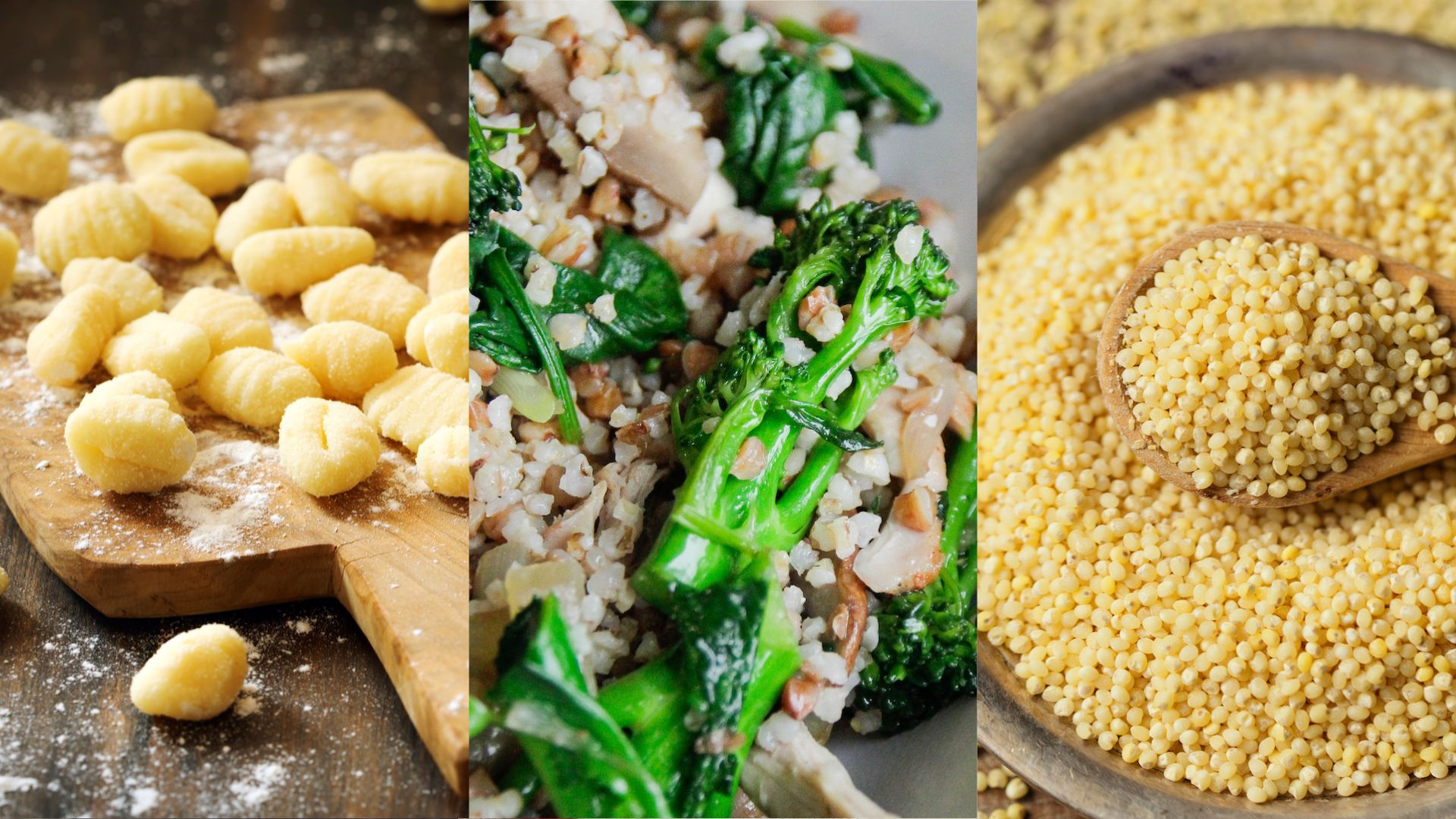
Trying to avoid gluten? There are foods that you probably didn't know are naturally gluten-free. Indeed, while you may have been turning to gluten-free pasta and bread alternatives, many other nutritious items to stock in your kitchen cupboard will also align with your dietary preference.
Further still, experts agree that naturally gluten-free options are better for you. "They are not only healthier than most processed substitutes, they’re often tastier too, explains Hannah Neville-Green, nutritionist at organic veg box company Riverford. This is worth knowing whether you have coeliac disease—meaning you are intolerant to gluten—or are simply trying to cut down.
Where possible, your body should consume a variety of foods, and we’ve rounded up an extensive expert-approved selection that you can incorporate into your breakfast, lunch, dinner and snacks. You'll be raring to get cooking...
32 foods that you probably didn't know are naturally gluten-free
Fresh gnocchi
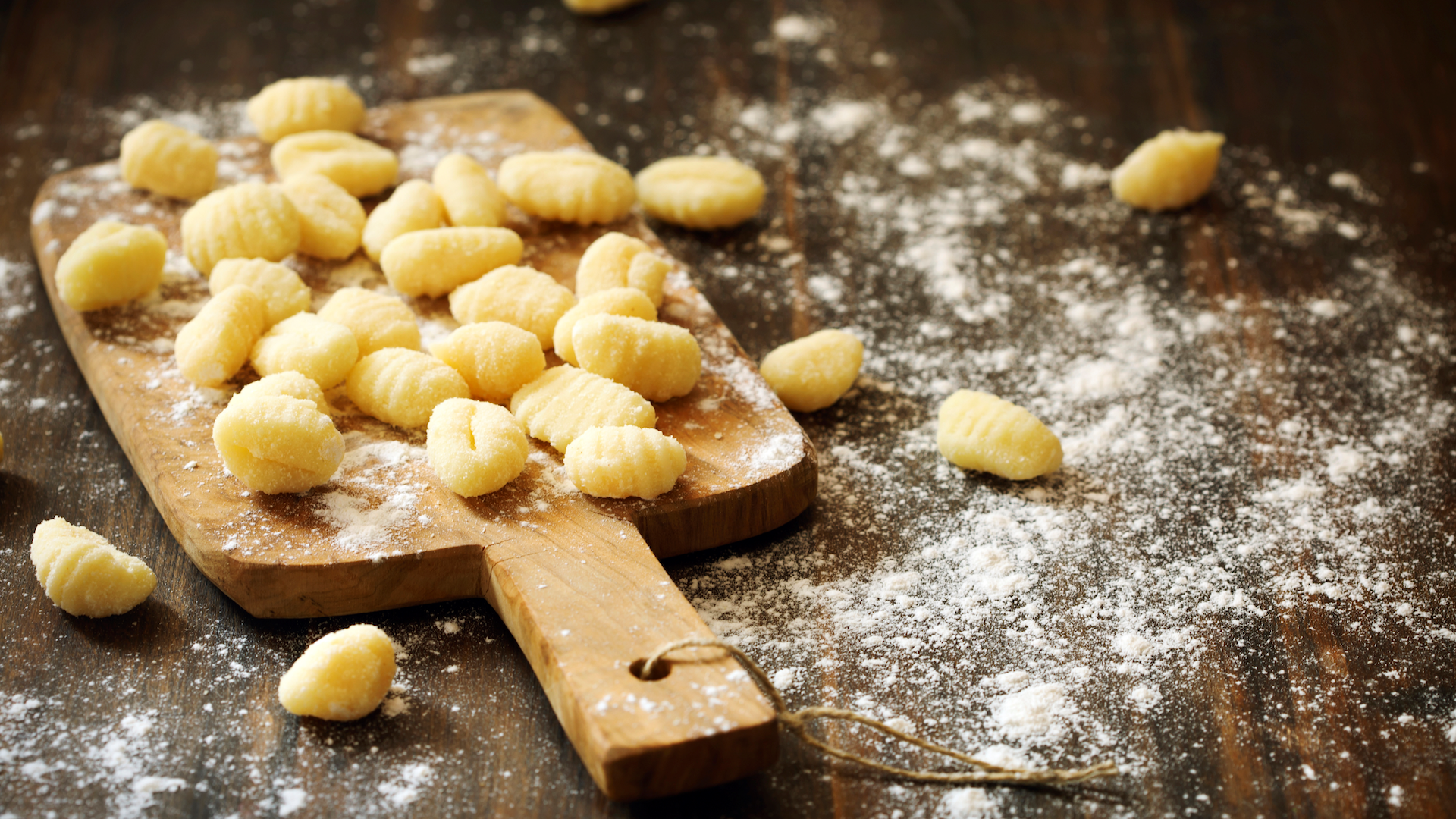
Think you can’t have pasta? Think again. "People may be surprised to know that a lot of fresh gnocchi is naturally gluten-free," says Xuxa Milrose, nutritionist at OMNI Wellness. "Many are actually made with just potatoes and potato starch, and sometimes rice flour." However, she warns that you should always double-check the ingredients list.
Buckwheat

Despite its name, this is a naturally gluten-free grain. "It’s high protein, high fibre and so versatile," shares Hannah Neville-Green, nutritionist at organic veg box company Riverford. "I use buckwheat flour in pancakes and cake recipes. I also soak it overnight and then cook it up with milk and ripe bananas into a thick porridge served with cacao nibs for breakfast."
Millet
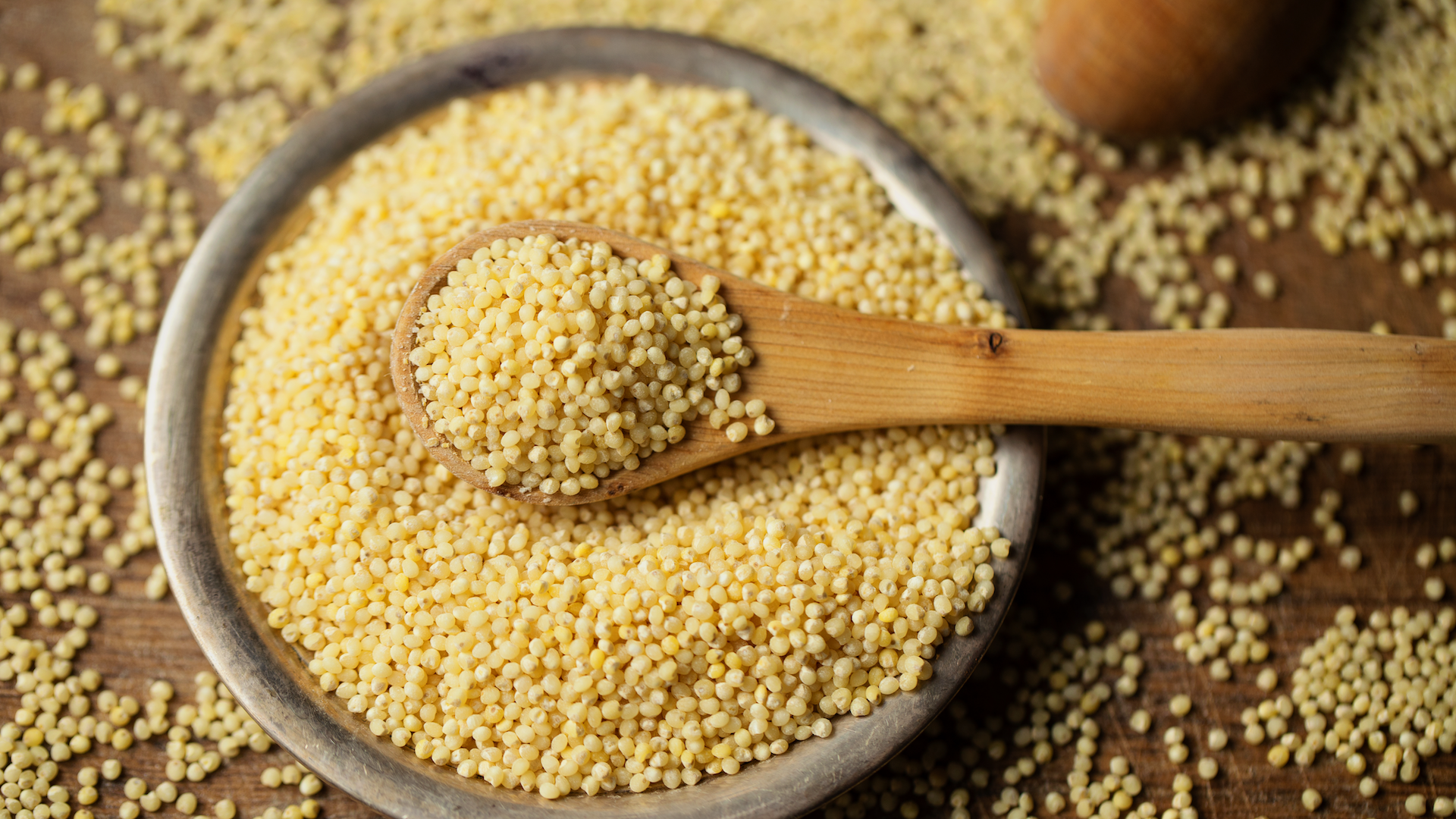
"Millet is a gluten-free grain that I think is underrated," notes Hannah Neville-Green, nutritionist at organic veg box company Riverford. "It’s fluffy, light, and has a lovely nutty flavour. It’s incredibly high in fibre and works as an alternative to couscous or bulgur wheat. You can also cook it down into a porridge with milk of your choice - it’s delicious with stewed apples and a drizzle of cream."
Chia seeds
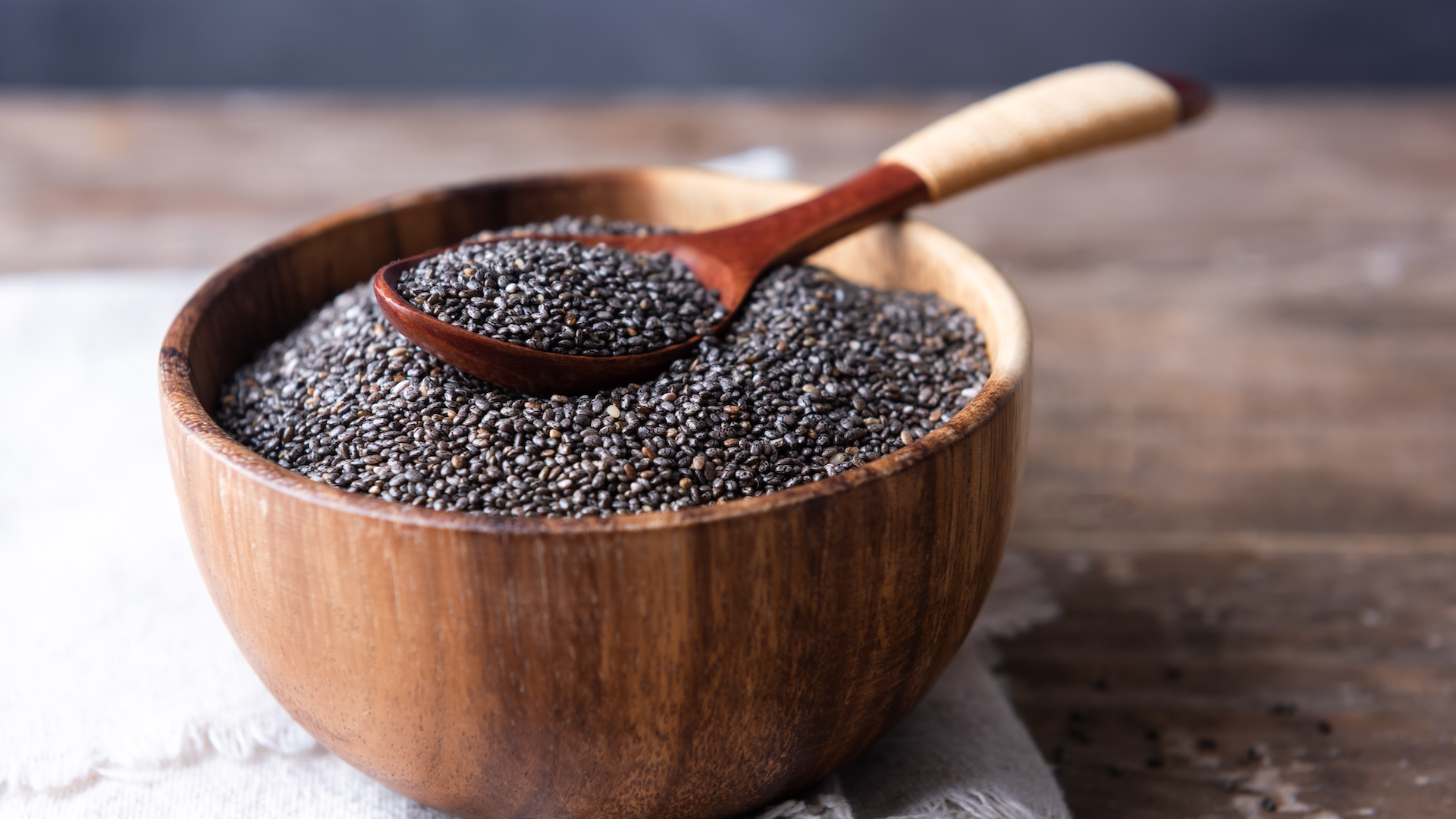
"A chia pudding is a lovely alternative to overnight oats," says Hannah Neville-Green, nutritionist at organic veg box company Riverford. "They are one of the highest-fibre foods around, packing 34g of fibre per 100g. For reference, chickpeas contain 7.6g per 100g." Not sure how? Dr Caitlin Hall, a gut health dietitian at myota, recommends mixing them with milk and berries.
Sign up to our free daily email for the latest royal and entertainment news, interesting opinion, expert advice on styling and beauty trends, and no-nonsense guides to the health and wellness questions you want answered.
Polenta
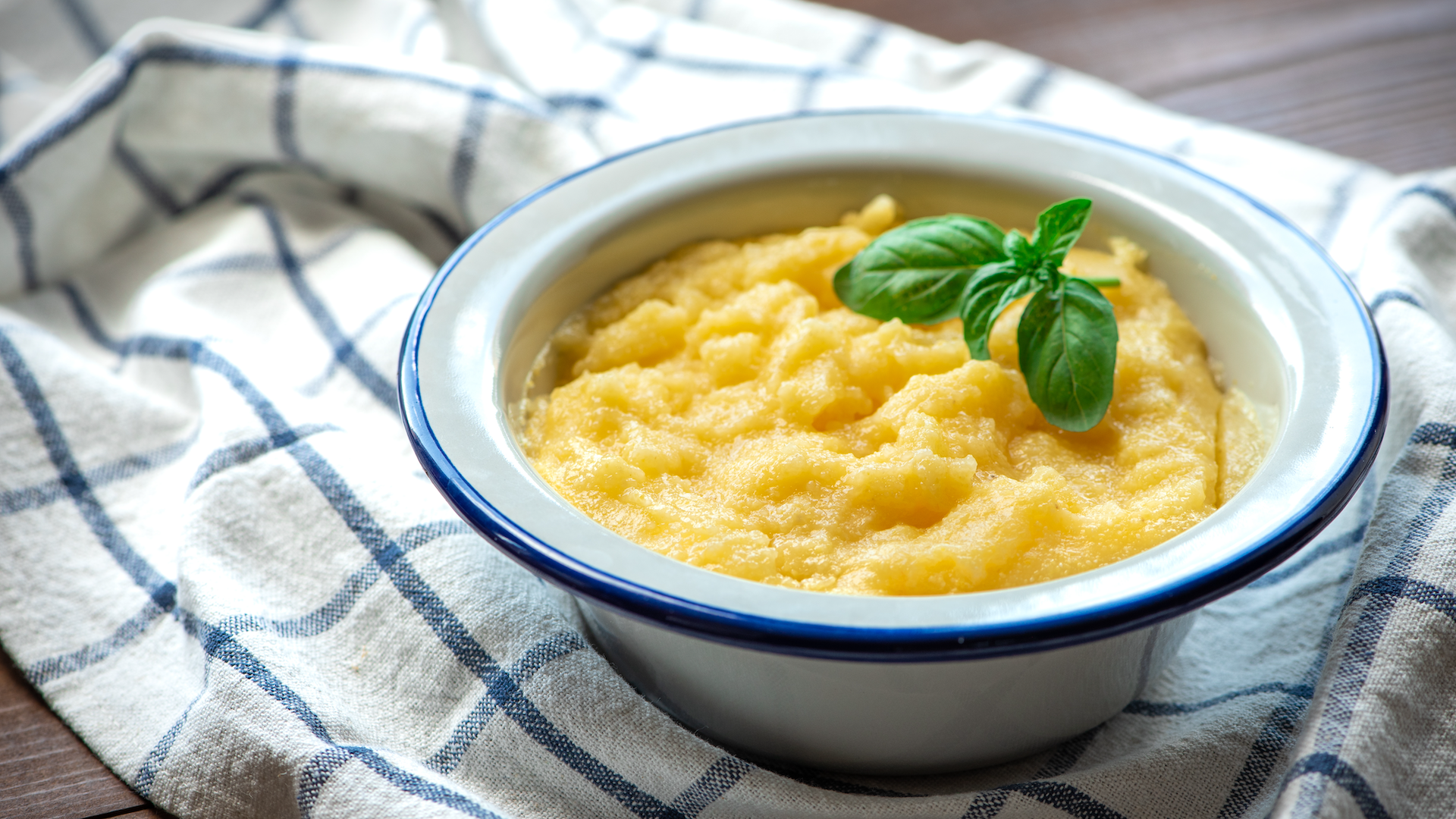
"Few people know that polenta is gluten-free," says Lucia Stansbie, nutritionist at Food Power Nutrition. "It can be great when sliced and grilled and used as an alternative to bread." Similarly, Hannah Neville-Green, nutritionist at organic veg box company Riverford, agrees. "Polenta makes a lovely base for ragu, Bolognese or other rich sauces you might ordinarily pair with pasta. It’s creamy and really ticks that comfort food box."
Teff
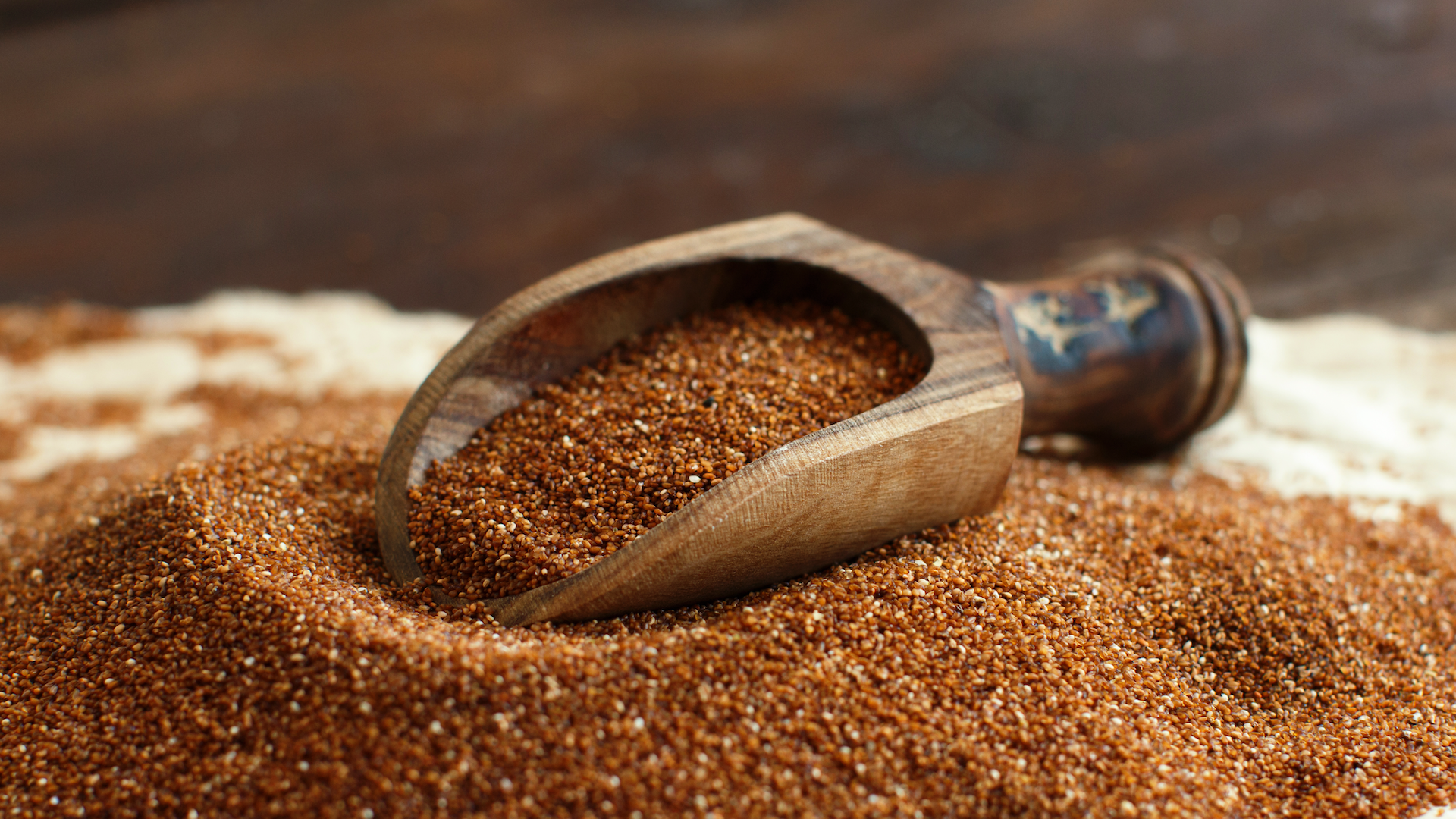
"This is a tiny whole grain that’s gaining attention for being gluten-free," explains Aleks Jagiello, a Doctify-rated dietitian. "Being so small, teff is usually eaten in its whole form, which means it retains maximal nutrients. You can use it to make porridge or add it to soups. It's mild, slightly nutty flavour works in both sweet and savoury dishes."
Quinoa
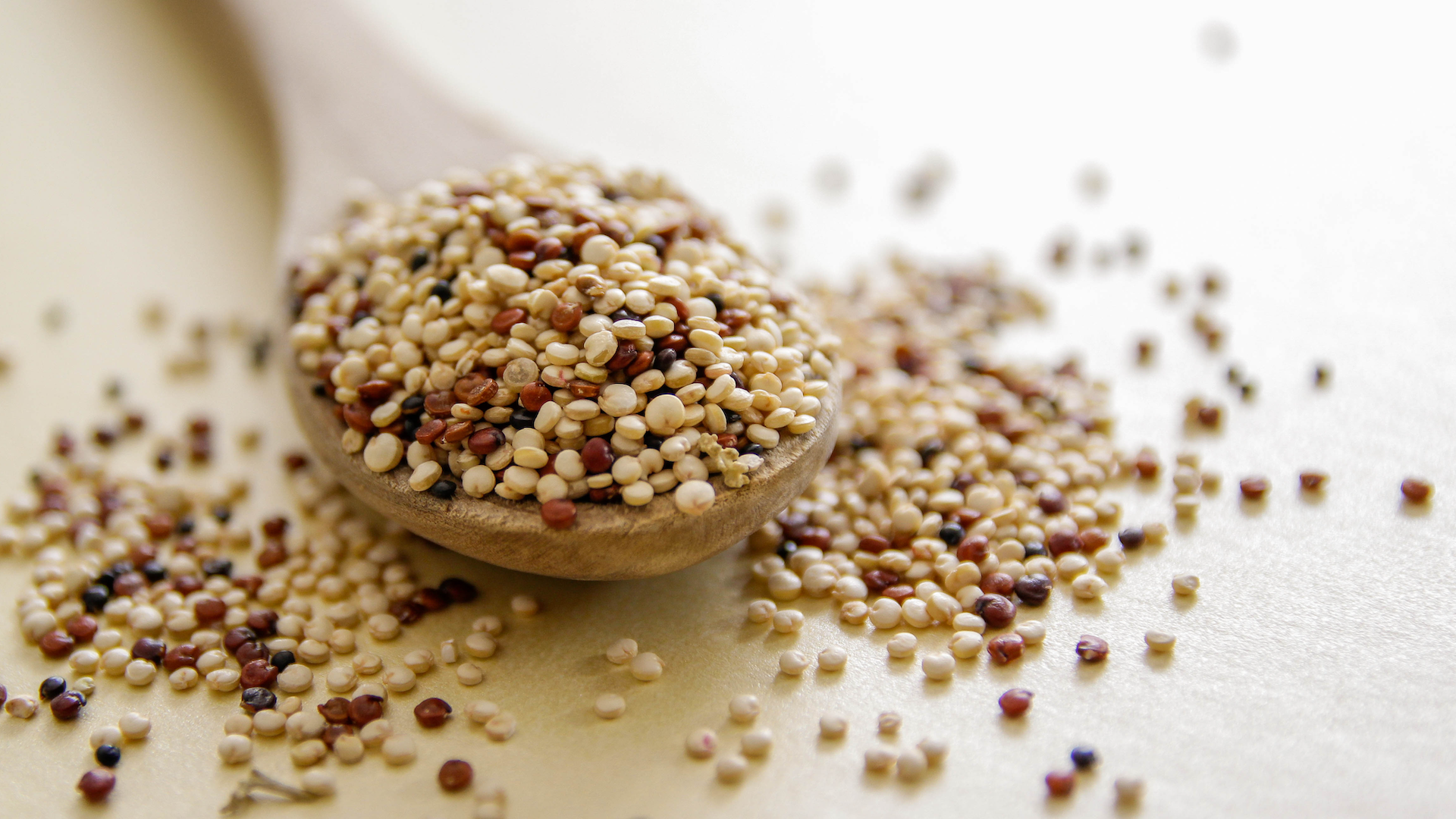
"Quinoa is not only gluten-free but it's actually the only grain that has a complete amino acid profile, which means it is a complete protein," shares Kelly Mulhall, nutritional therapist and gut health expert. "You can batch cook it and add it to meals throughout the week as your complex carb, and you can even make porridge out of it in the morning or use it in baking. It's a surprisingly delicious all-rounder for sweet or savoury foods."
Oats
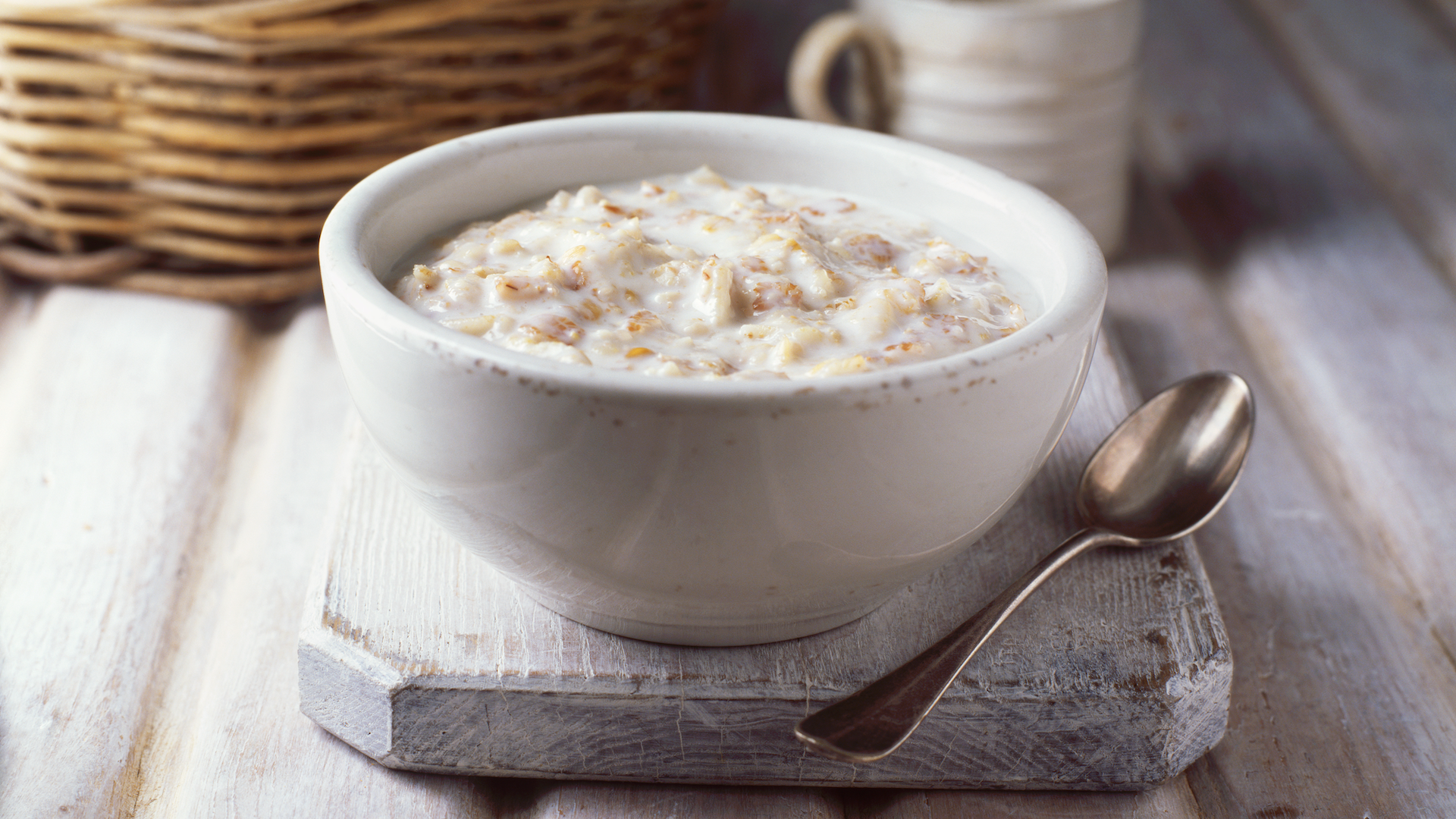
"Oats are naturally gluten-free but sometimes cannot be labelled so, due to factory handling," explains Kelly Mulhall, nutritional therapist and gut health expert. "I love them for overnight oats or porridge, banana pancakes, homemade flapjacks... the list goes on. Try to buy the organic jumbo whole oats - they may take longer to cook, but they have a much lower glycaemic index compared to processed oats, since your body has to process the whole oat."
Potatoes
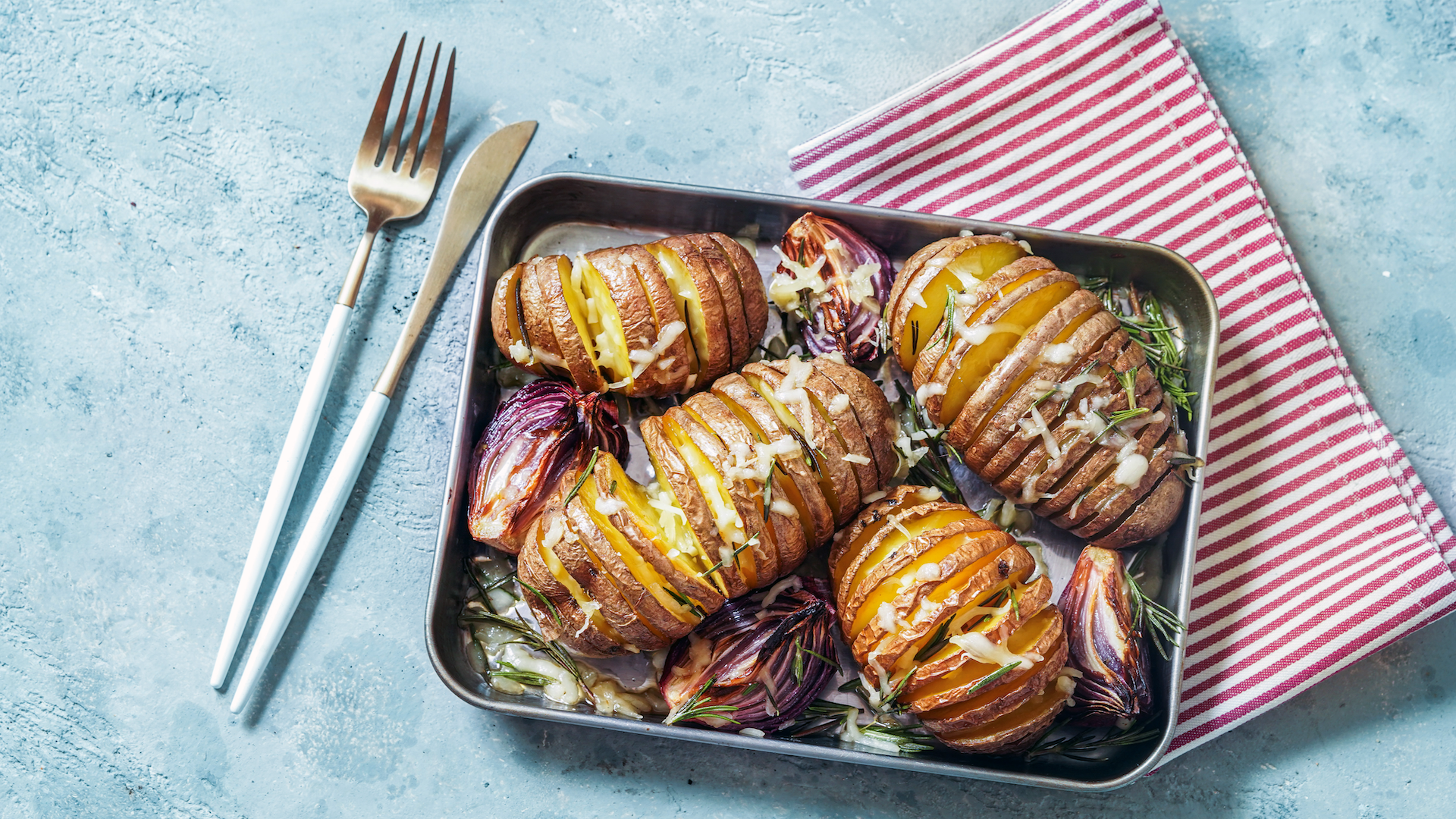
Potatoes are one of the more accessible naturally gluten-free carbs, and they can also be super nutritious too. "Cooked and cooled potatoes are a great option, since this process transforms some of the starch into resistant starch, which improves gut health and reduces blood sugar spikes," explains Annie Davies, clinical nutritionist at Body Fabulous Health Clinic. "I am a big fan of function foods that provide health benefits beyond basic nutrition."
Rice
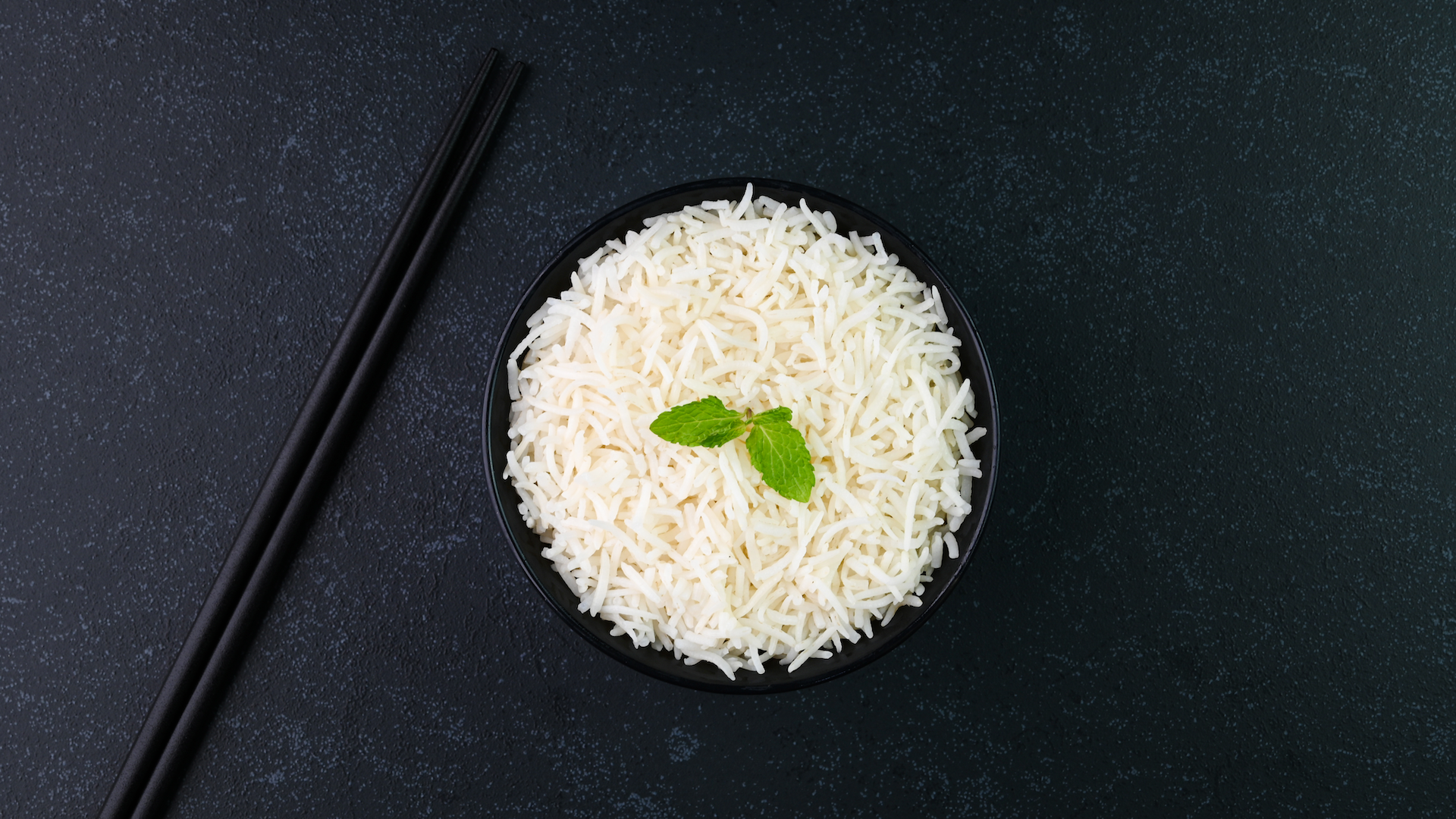
"Gluten-free grains include rice,' says Amie Parry-Jones, nutritionist and member of Nutritionist Resource. "Particularly whole grain rice, as opposed to white rice, which is nutritious and easy to prepare. It is also a good source of fibre." Further still, it is seriously versatile and can be used in numerous dishes, such as accompanying stews or in stuffed peppers.
Almond flour
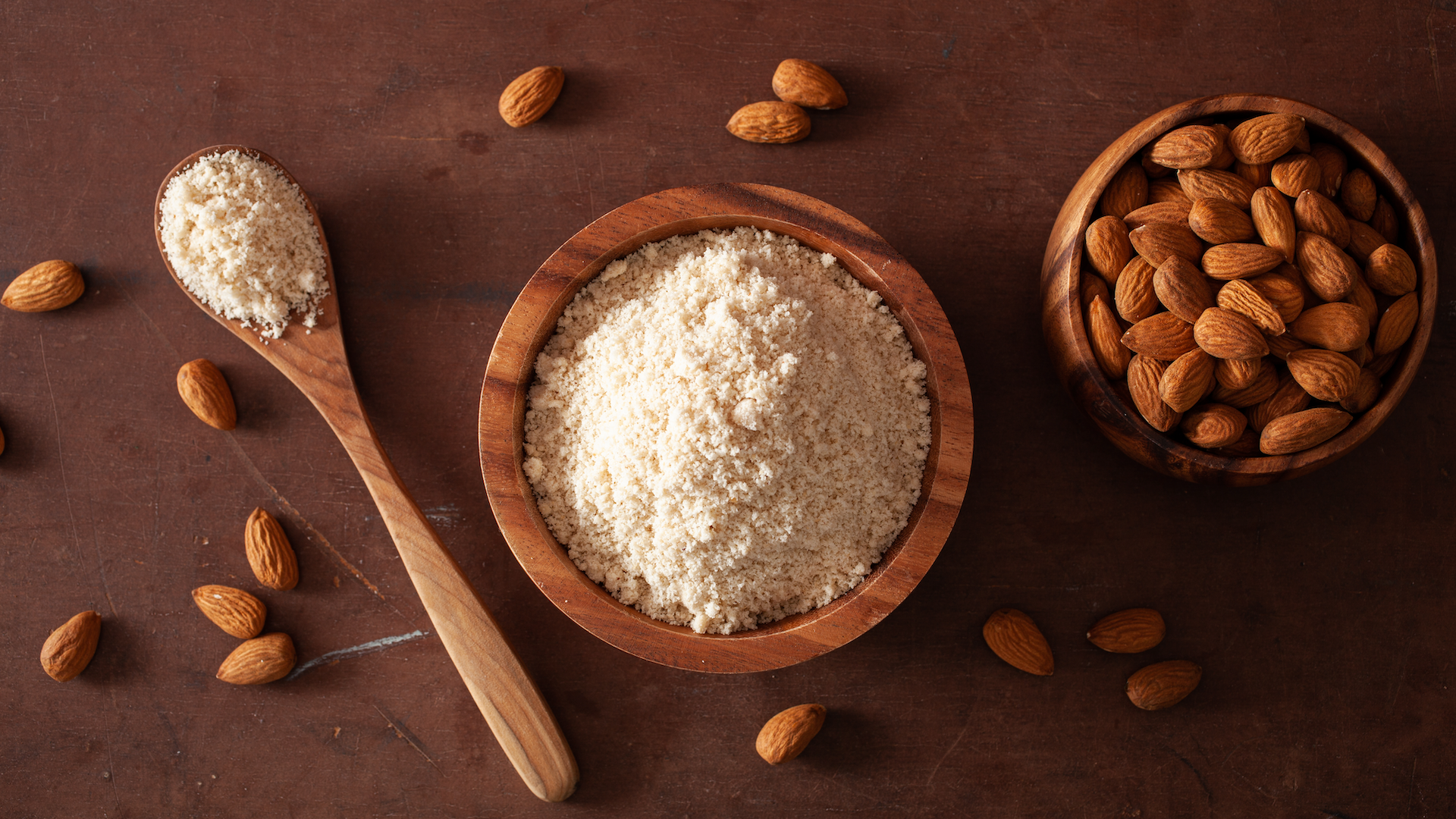
Love baking? Some simple tweaks can help on your gluten-free journey. "You can use almond flour in place of wheat in many recipes," reveals Amie Parry-Jones, nutritionist and member of Nutritionist Resource. "It is gluten-free and a good choice for managing blood glucose levels, due to its high fibre and fat content."
Amaranth
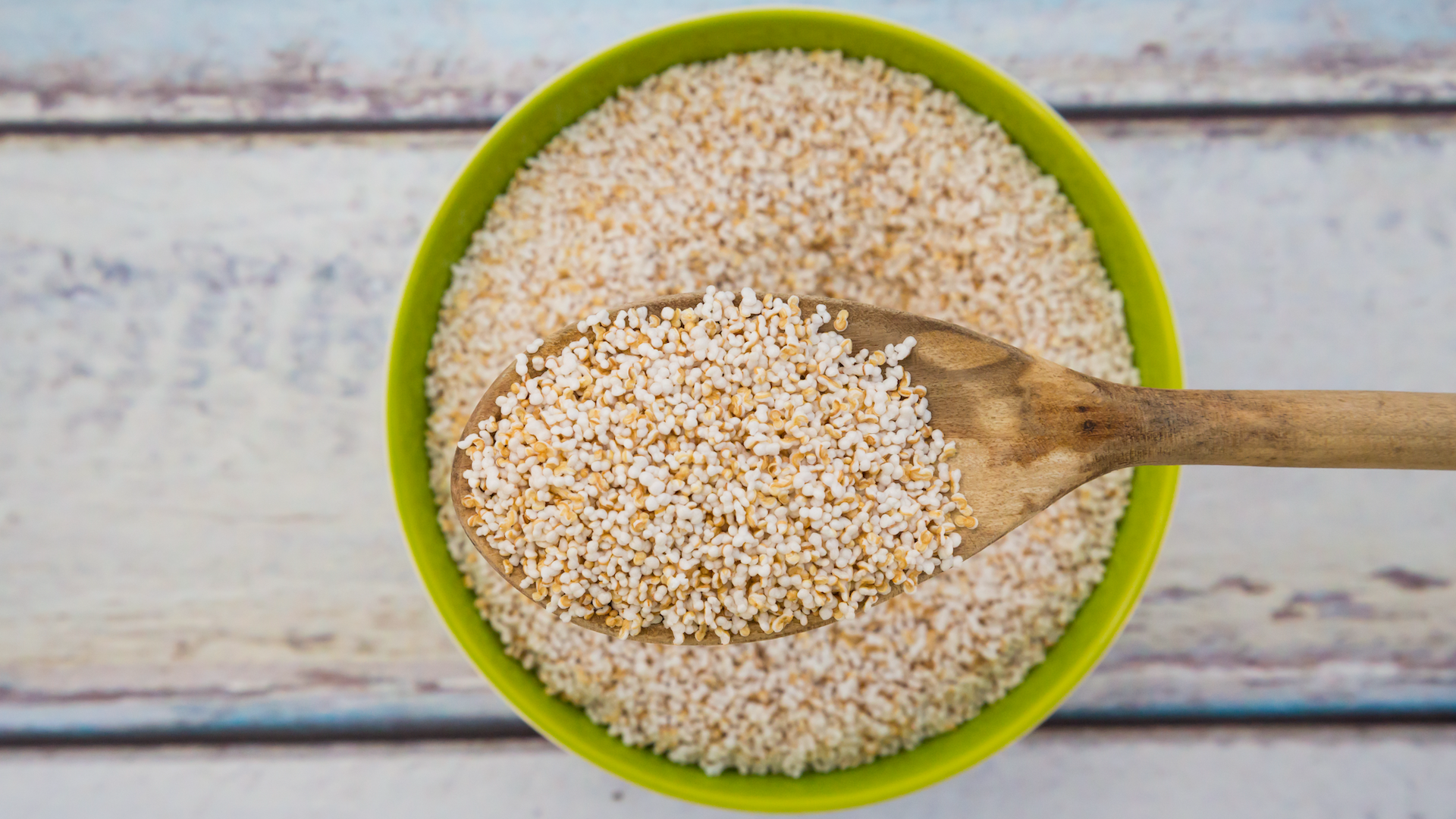
"Amaranth is naturally gluten-free and highly nutritious," explains Aleks Jagiello, a Doctify-rated dietitian. "It’s one of the protein-rich grains, providing about nine grams of protein per cooked cup alongside five grams of fibre. It also has a mild, nutty flavour and can be used similarly to quinoa or rice - or even popped like popcorn for a crunchy snack."
Lentils
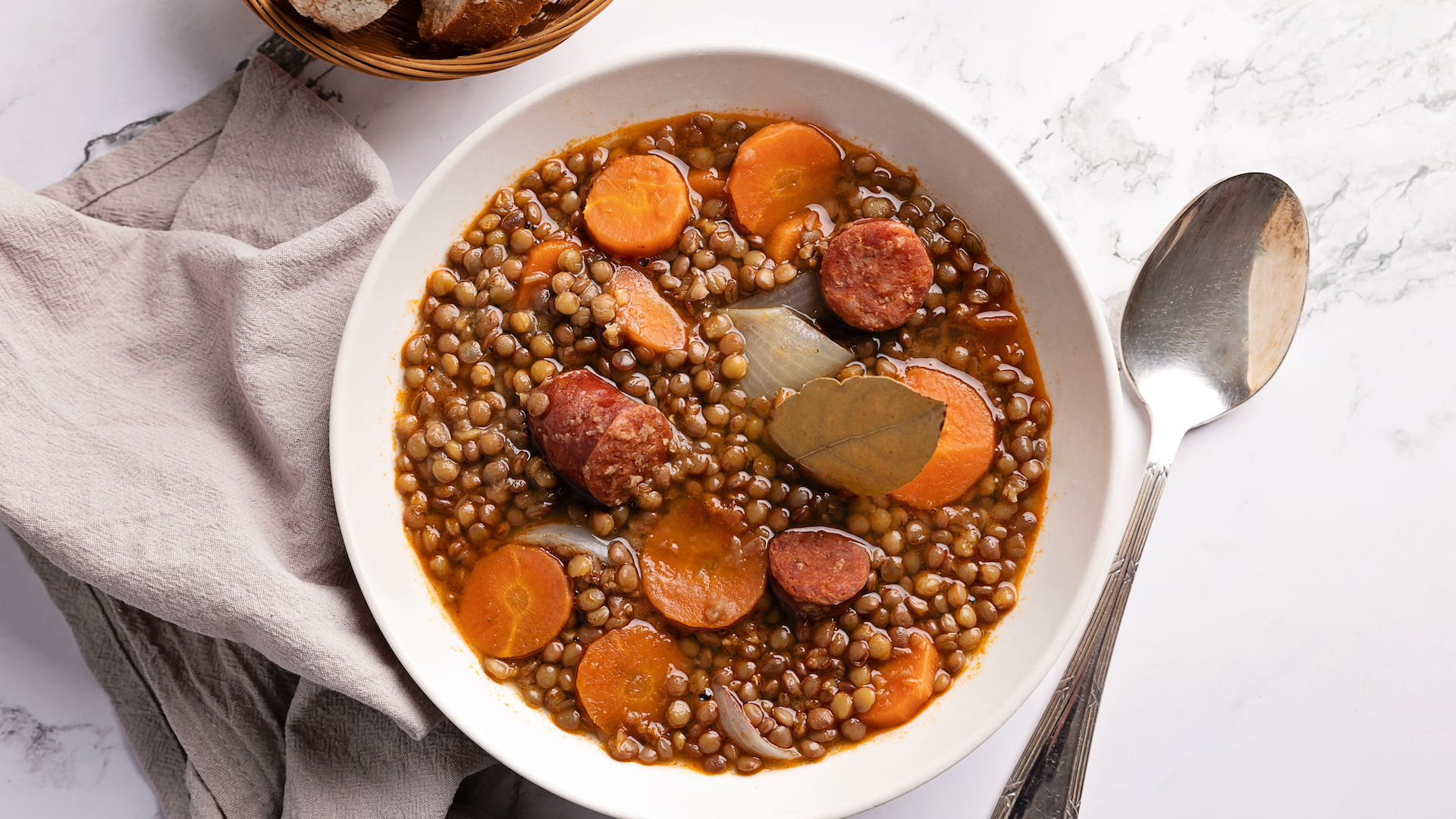
"Lentils are naturally gluten-free and are extremely nutritious, yet many people don’t realise how beneficial they are," notes Aleks Jagiello, a Doctify-rated dietitian. "Legumes are packed with both plant protein and fibre - for example, lentils are over 25% protein by weight and deliver about 15 to 16 grams of fibre per cup cooked. They’re also rich in iron, B vitamins, magnesium, potassium and other micronutrients that support energy and metabolism."
Seeds
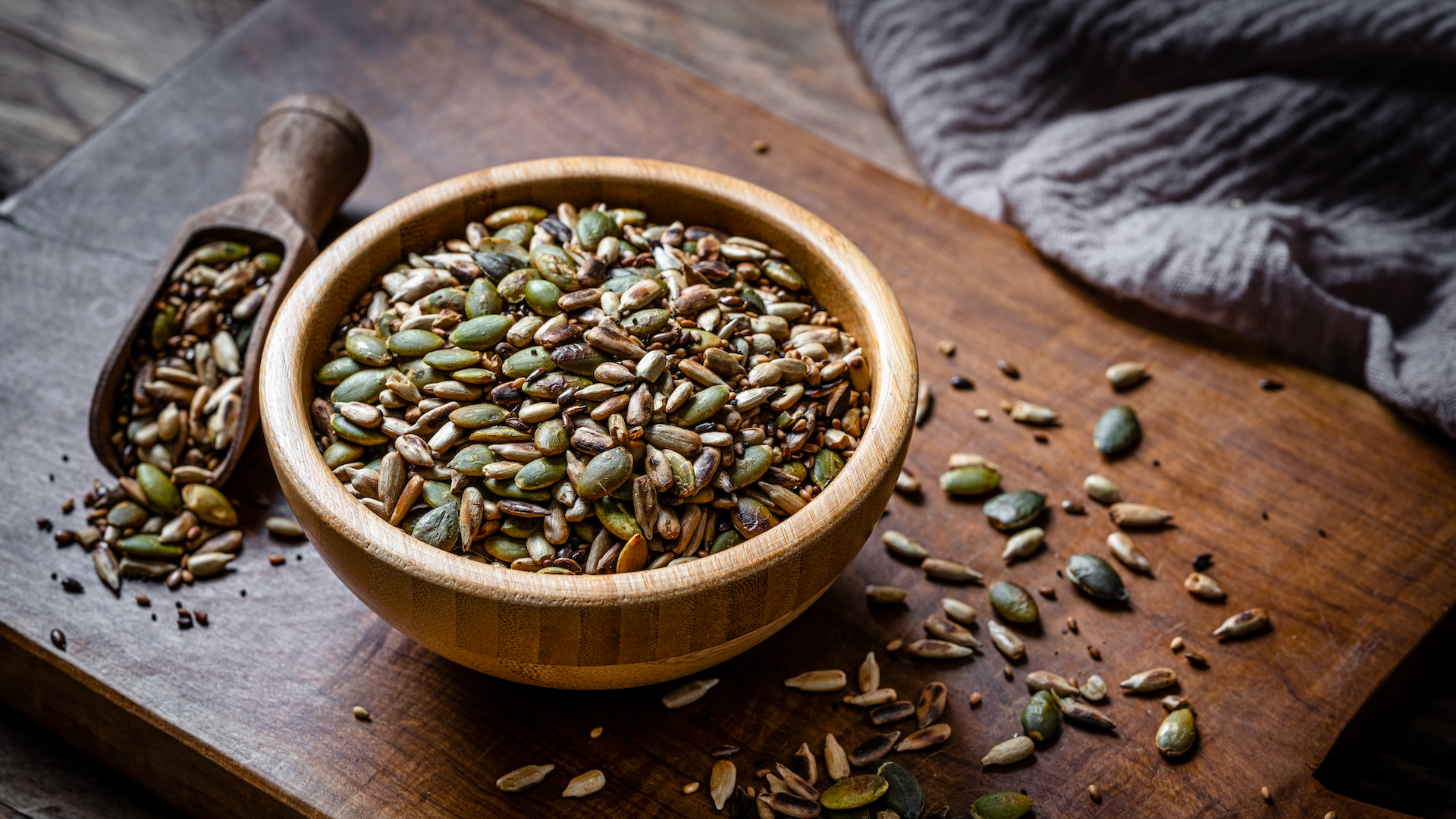
Seeds, like sunflower seeds, are naturally gluten-free and nutrient-dense. "They provide healthy fats, plant protein, fibre and a variety of micronutrients such as vitamin E, magnesium, and zinc," shares Aleks Jagiello, a Doctify-rated dietitian. "Adding a tablespoon of seeds to salads, yoghurts or gluten-free porridge is an easy way to boost fibre and nutrient intake - as well as add crunch and flavour."
Walnuts
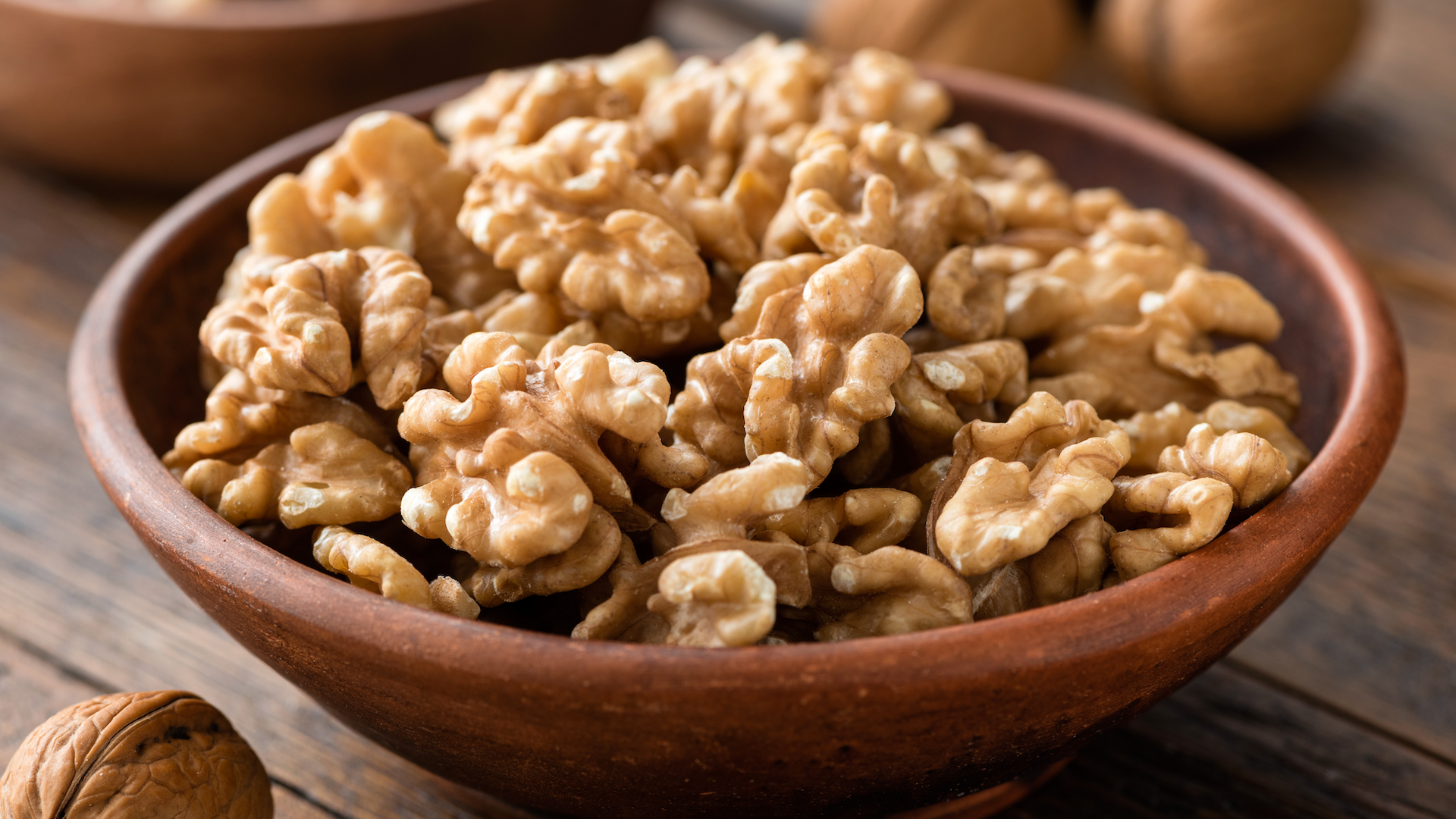
If you're not sure which nuts to snack on or add to your breakfast, then you'd be wise to choose walnuts. "They are naturally gluten-free and provide healthy fats, particularly omega-3 fatty acids," reveals Aleks Jagiello, a Doctify-rated dietitian. "While they can be calorie-dense, and you should be careful of portion size, a small handful can add significant nutrition."
Buckwheat flour
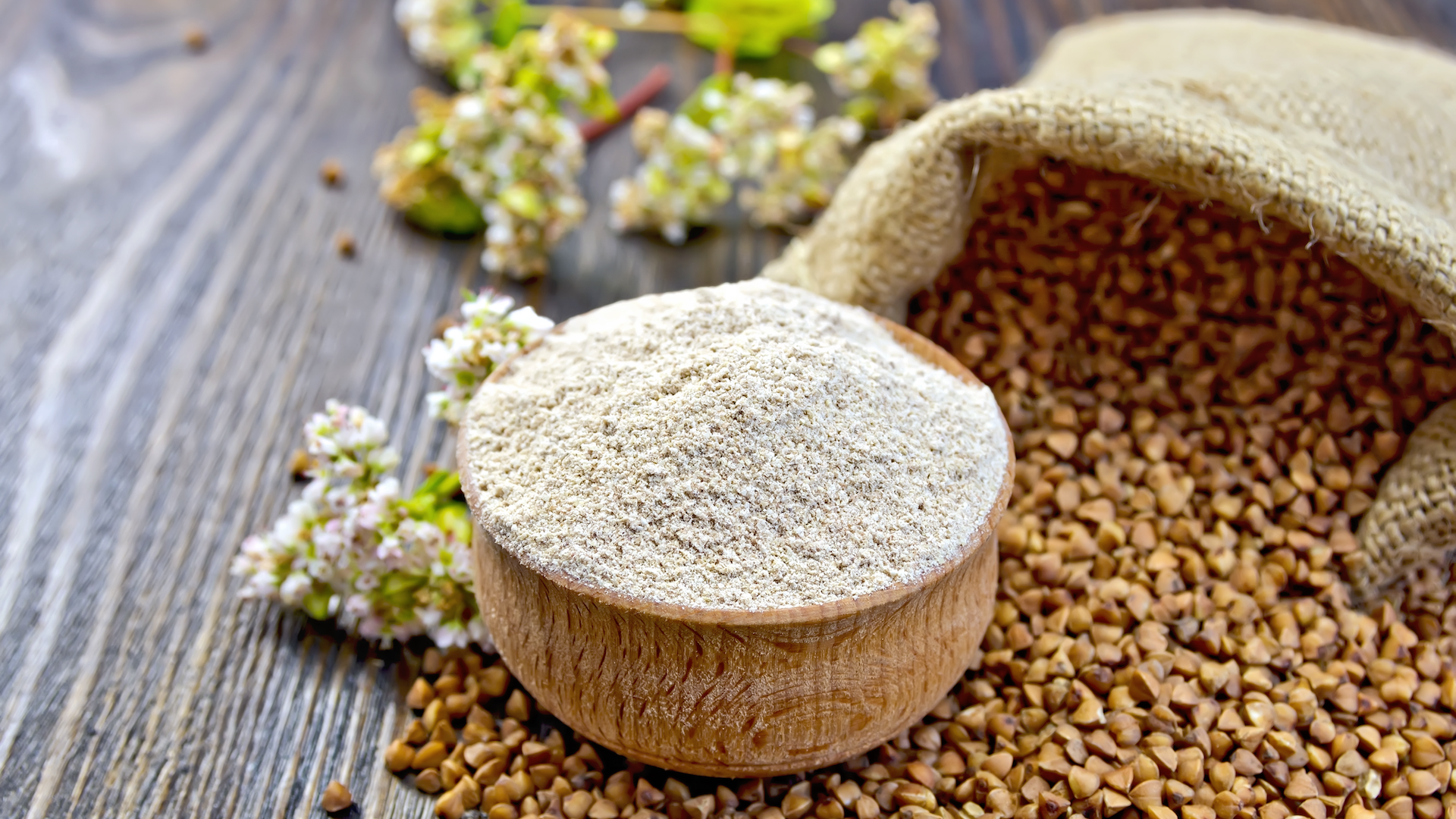
"I love using flour made from naturally gluten-free buckwheat for baking and savoury pancakes," says Elena Rolt, registered nutritional therapist and certified functional medicine practitioner at health.miro. "It's a great way to boost nutrient density while staying gluten-free and gut-friendly."
Sweet potato
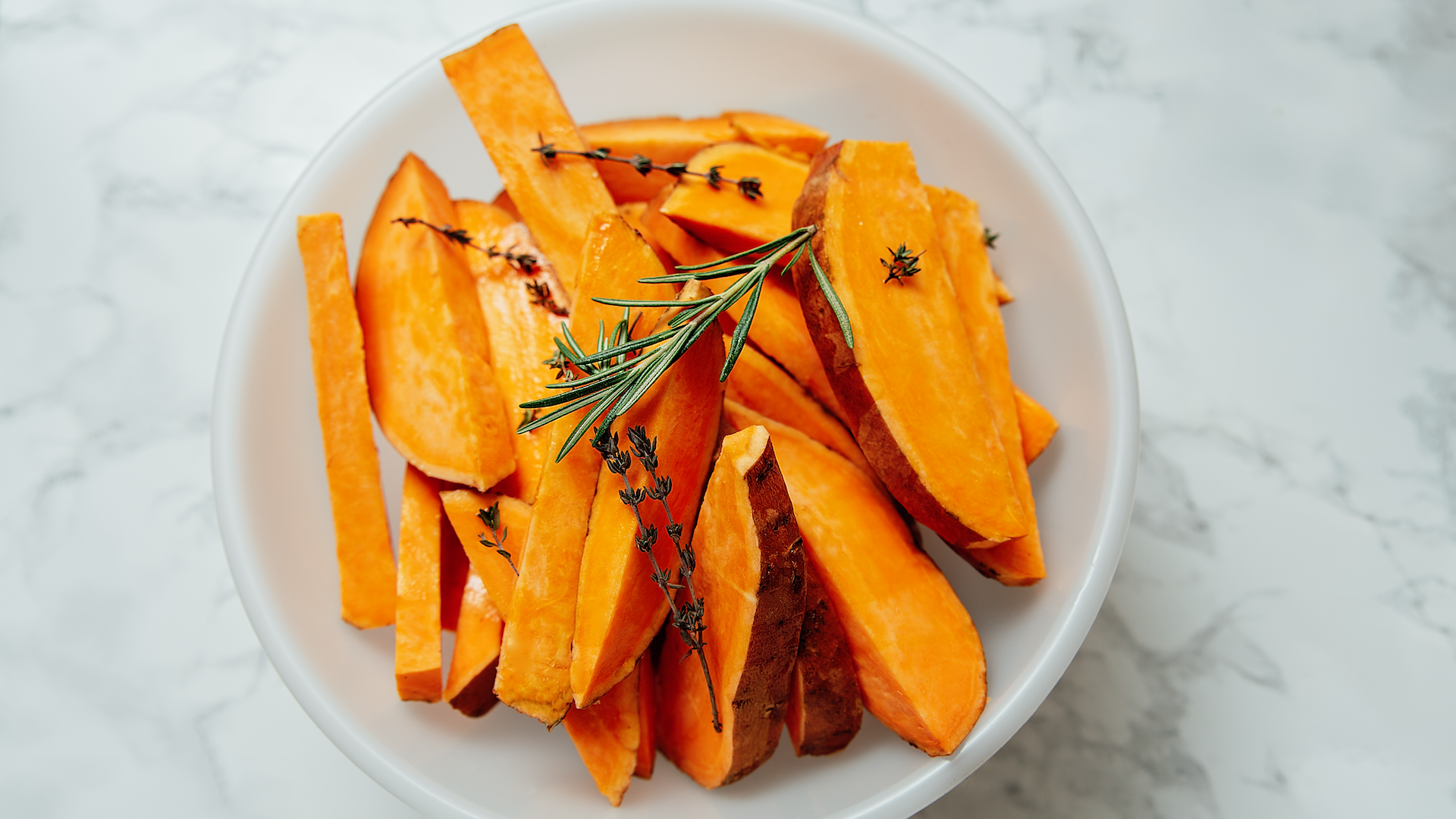
"There are so many whole foods that are naturally gluten free and incredibly nutrient dense – and sweet potato is one of my go-tos," shares Dr Caitlin Hall, gut health dietitian at myota. "They’re packed with complex carbohydrates, fibre, and vitamin A, plus they taste amazing roasted, mashed or even sliced and air-fried."
Berries
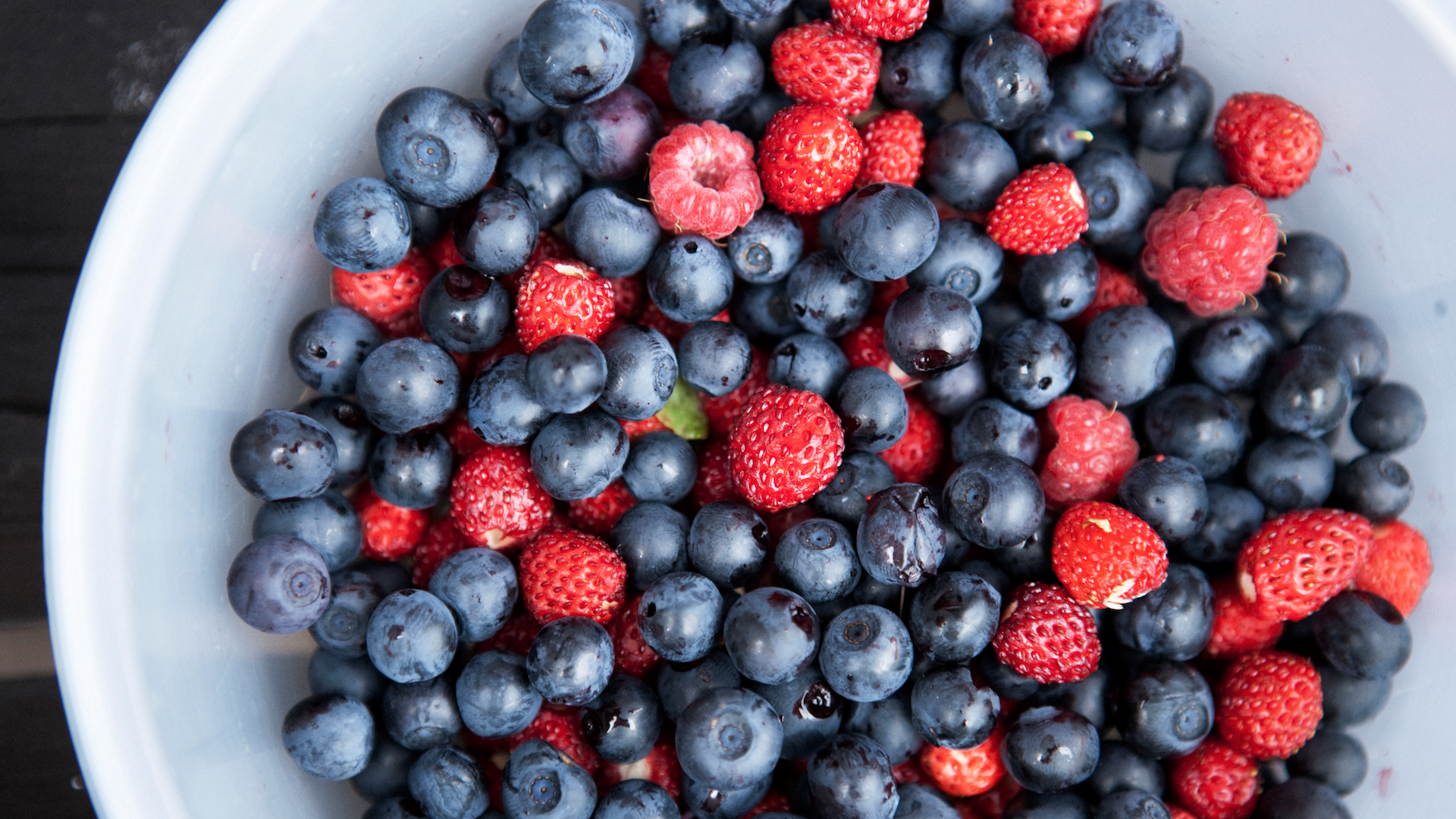
There can be a lot of confusion over which foods are and aren't gluten-free, and berries most definitely fall into the latter category. "They are packed with antioxidants, fibre and vitamin C – great for brain health, skin and overall longevity," says Dr Caitlin Hall, gut health dietician at myota. "Frozen ones are especially handy and often more affordable, with just as much nutritional value as fresh."
Chickpea flour
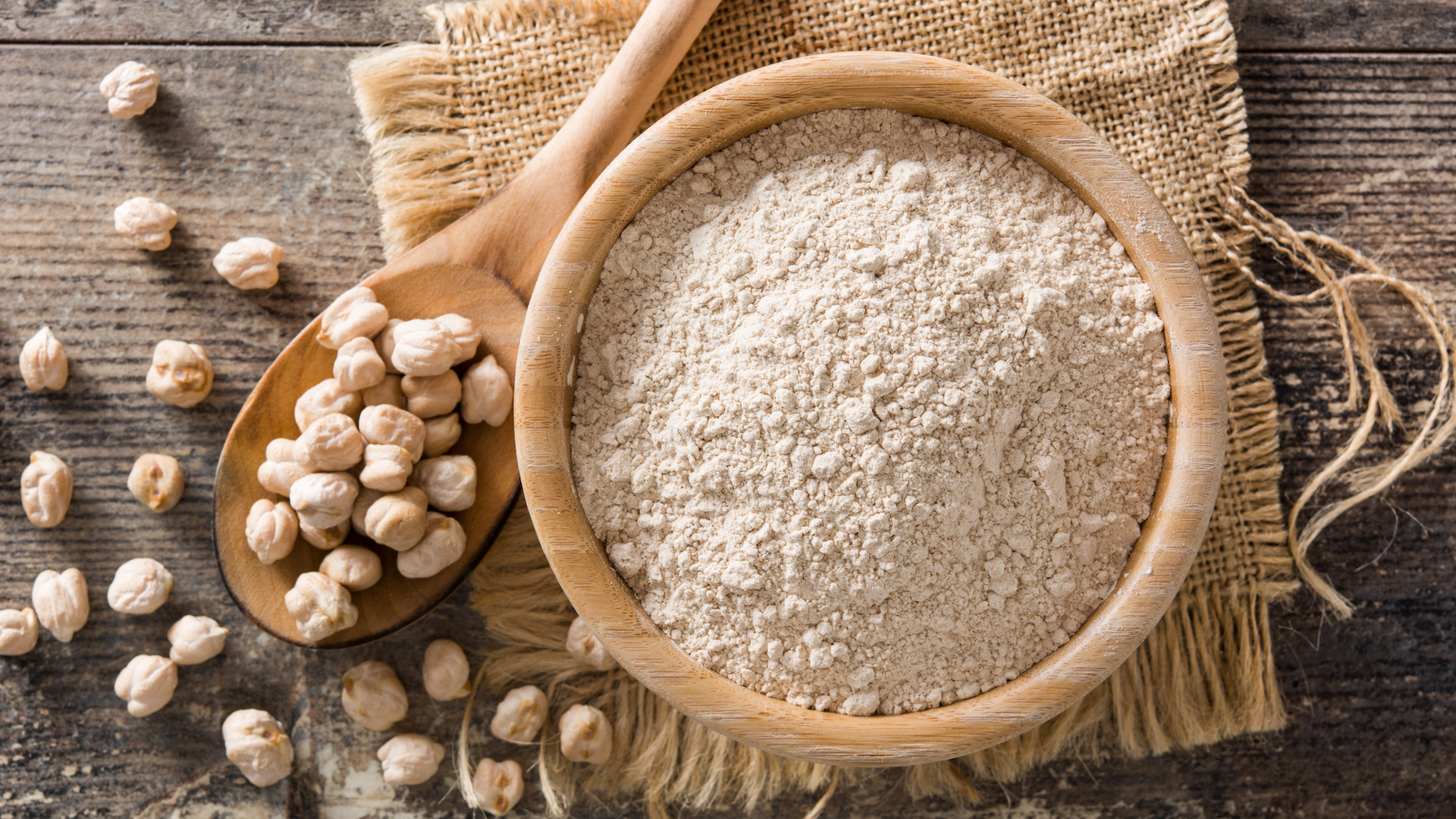
"Chickpea flour is one of my favourite naturally gluten-free items," explains Ulrike Kuehl, head of nutrition at Lumen. "Chickpeas themselves are naturally gluten-free and protein-rich, making them well-rounded to incorporate into your nutritional intake. Chickpea flour can be used for savoury pancakes, fritters or baked goods."
Corn tortillas
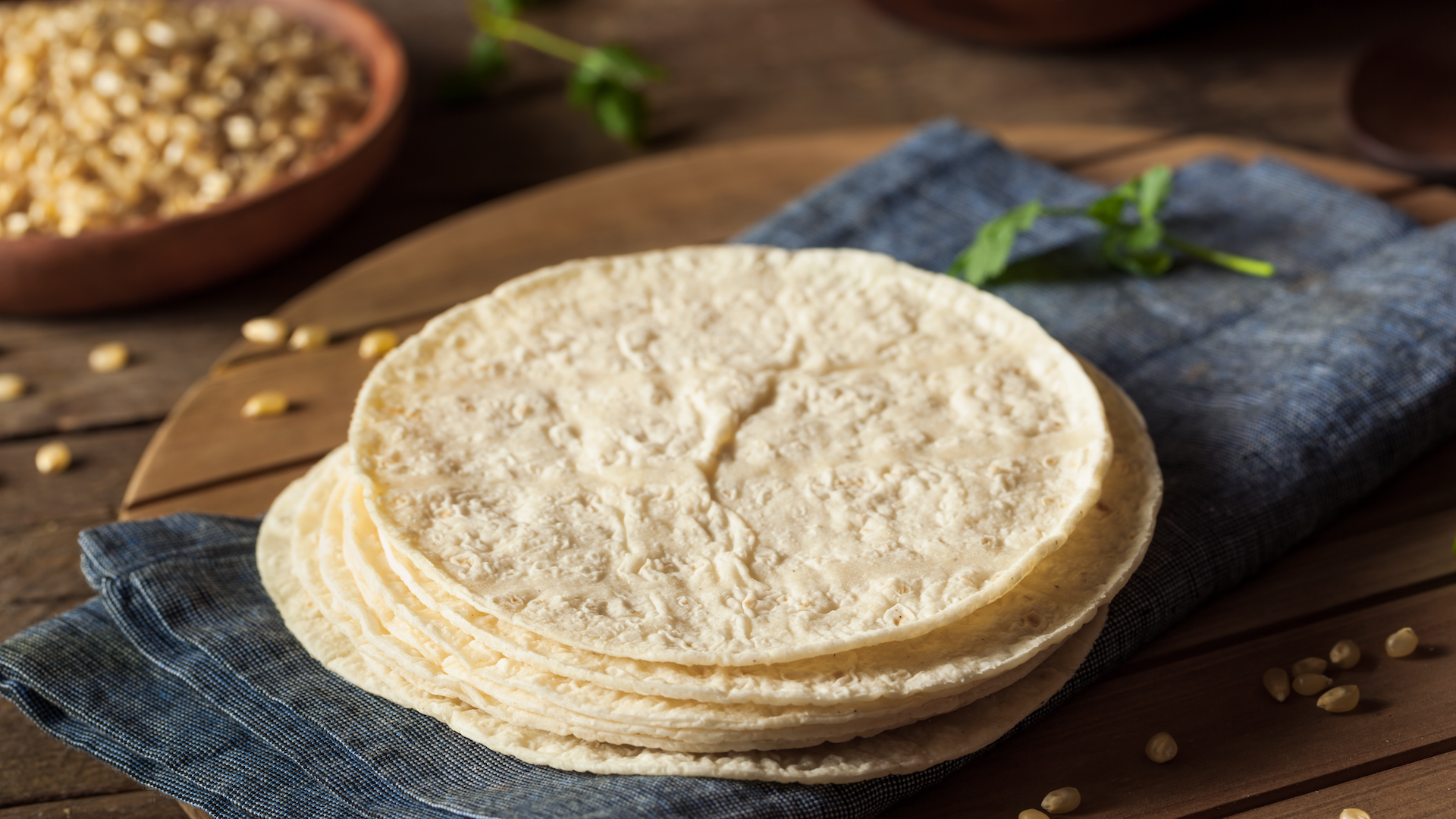
Want to go gluten-free but struggling to give up wraps? "I like corn tortillas," says Raquel Britzke, a Doctify-rated nutritionist. "They're naturally gluten free, as well as being a great source of complex carbohydrates and perfect for quick meals."
Açaí
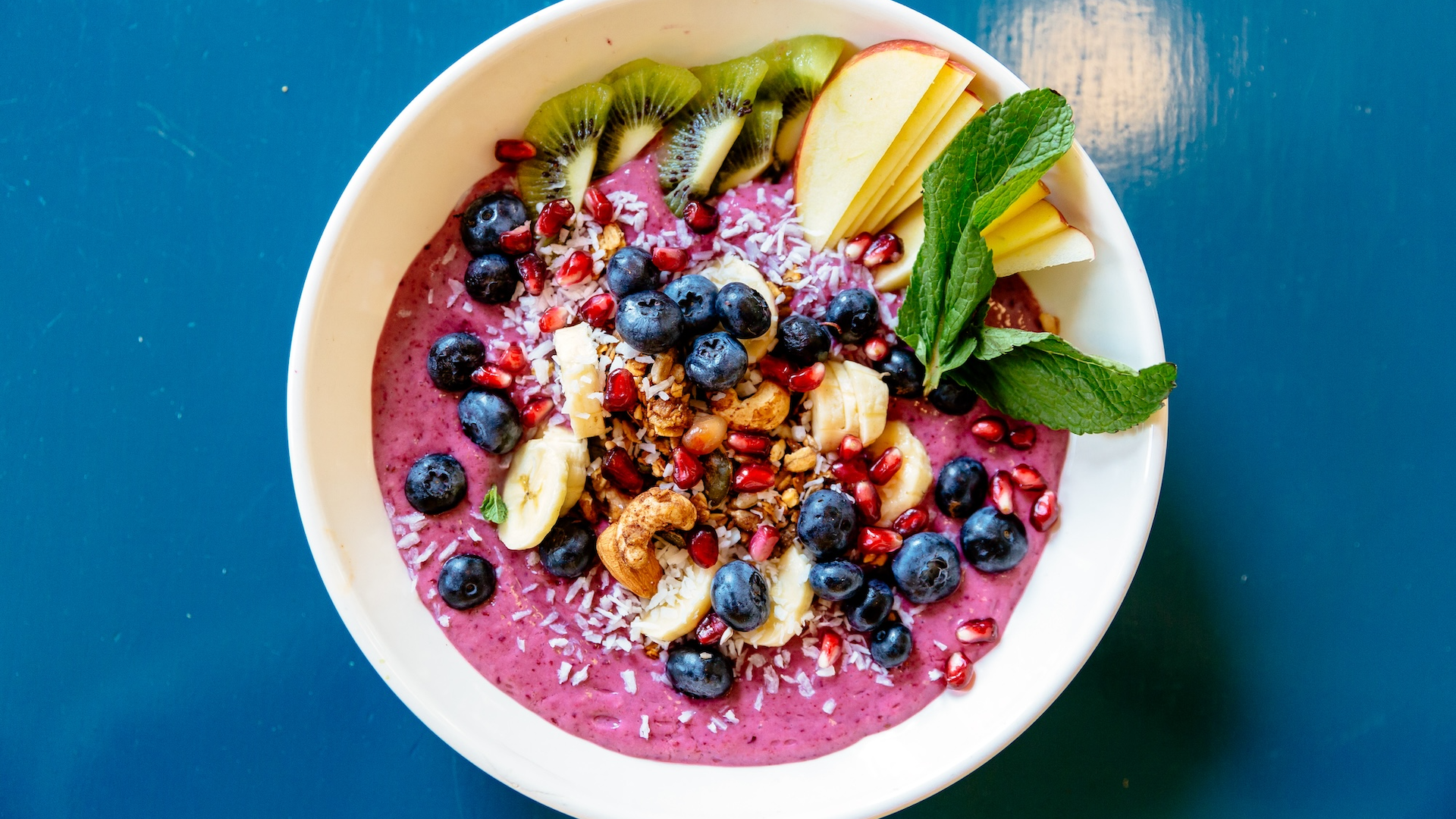
Açaí is another satiating food that also happens to be naturally gluten-free. "This is an antioxidant fruit that is brilliant for smoothie bowls or other refreshing snacks," explains Raquel Britzke, a Doctify-rated nutritionist, who opts for the unsweetened version. "It also supports both immune and heart health."
Mixed beans
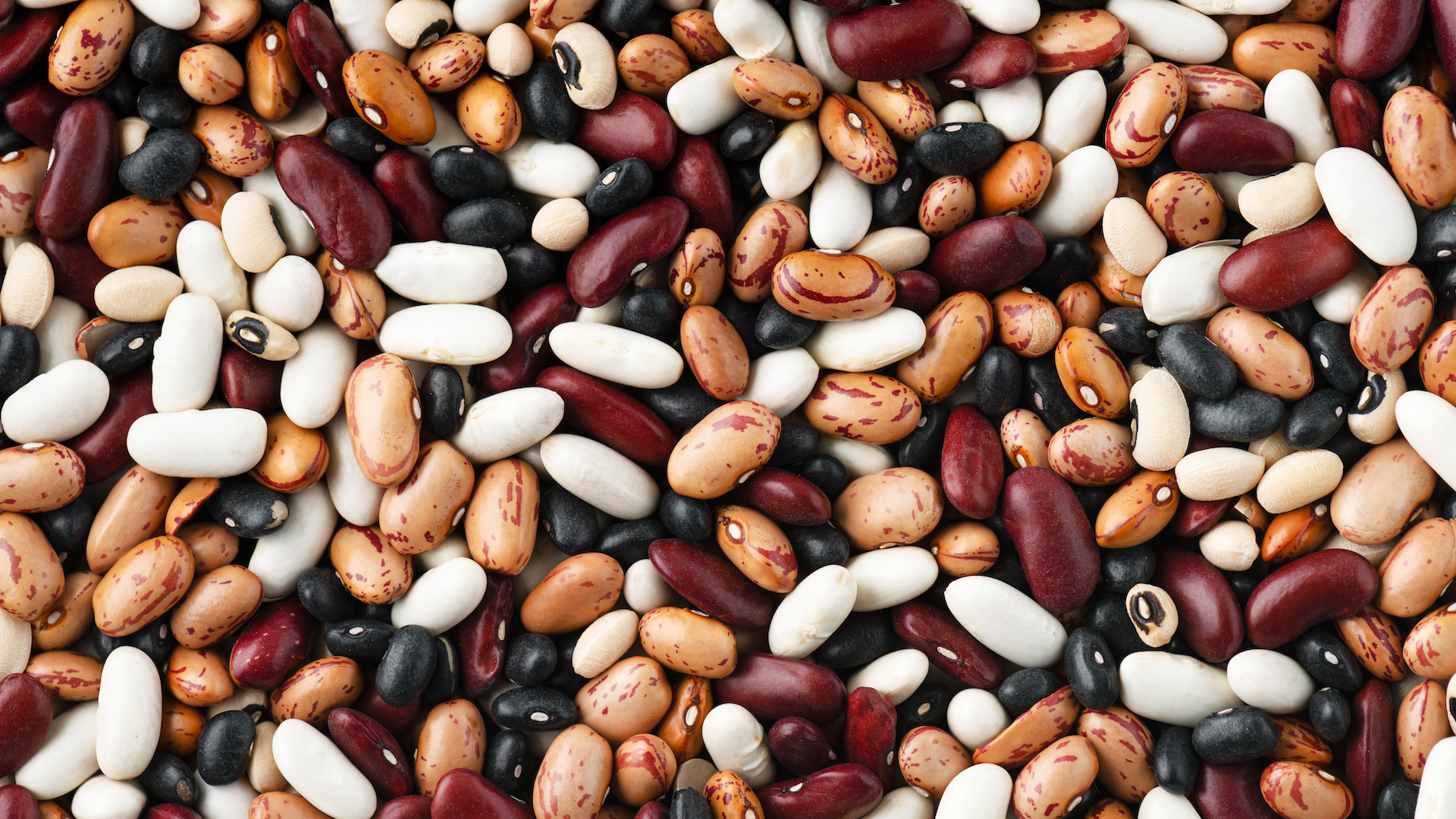
"There are so many naturally gluten-free foods that not only support your gut health, but can actually elevate your meals, both in terms of taste and health benefits - and legumes are at the top of my list, especially canned mixed beans," says Dr Megan Rossi, a gut health scientist at King’s College London, dietitian, nutritionist and author. "They’re a brilliant source of fibre, including prebiotics - fertiliser for your gut microbes - slow-release carbs and plant protein."
Teff flour
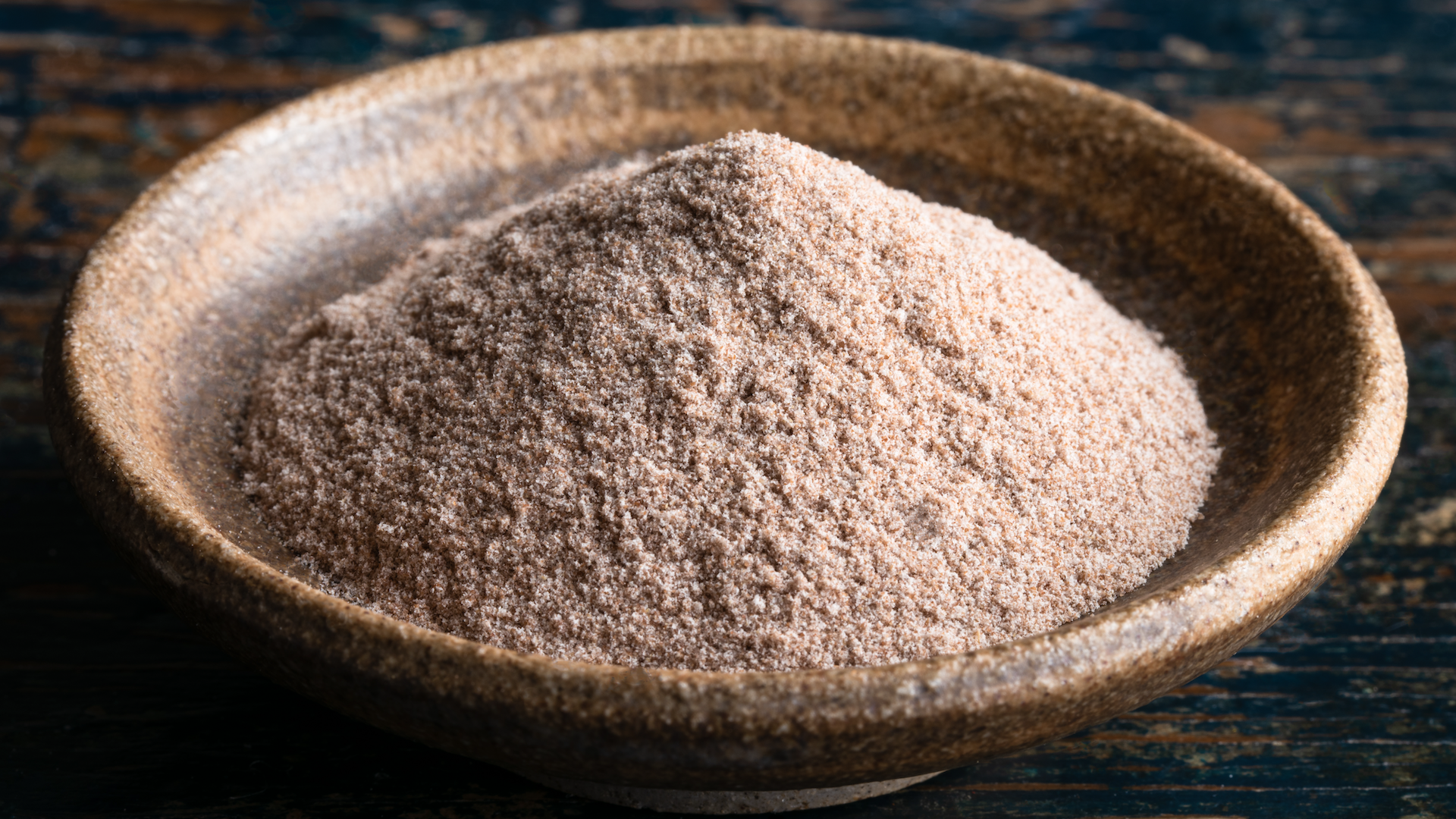
"One of the more surprising gluten-free heroes is teff - teff grains and teff flour are naturally high in both fibre and protein, and they add a lovely nutty flavour to bakes," explains Dr Megan Rossi, a gut health scientist at King’s College London, dietitian, nutritionist and author. "I love using teff flour in banana bread as it keeps the bread moist and adds a wholesome twist. I also have a chocolate and peanut butter teff cookie recipe that I’ll keep coming back to."
Chickpeas
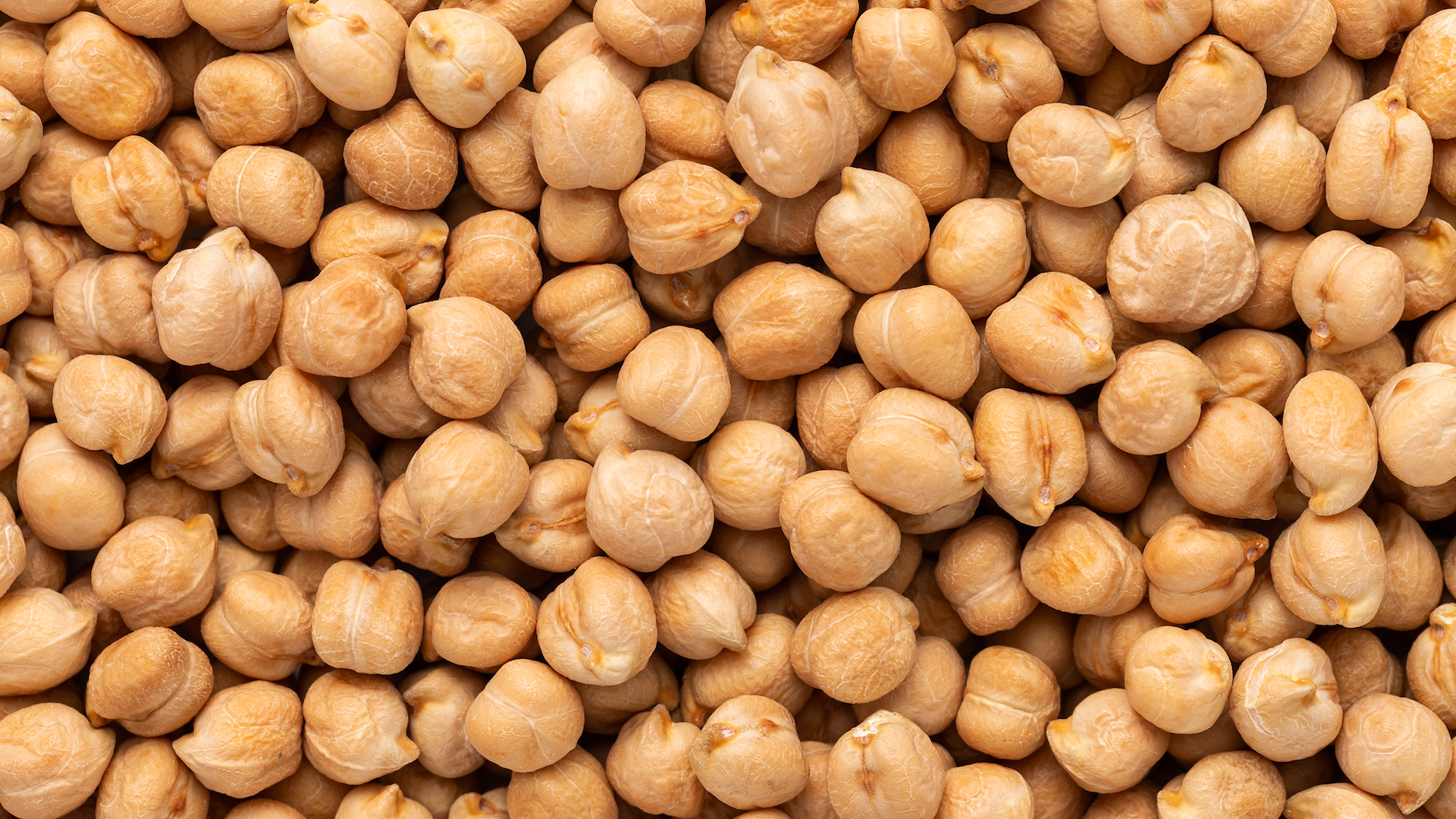
"All kinds of legumes - including chickpeas - are naturally gluten-free,"notes Aleks Jagiello, a Doctify-rated dietitian. "They are packed with both plant protein and fibre - meaning that you'll be kept satisfied. For instance, just half a can of chickpeas added to a salad or soup can contribute a significant portion of daily fibre needs."
Almonds
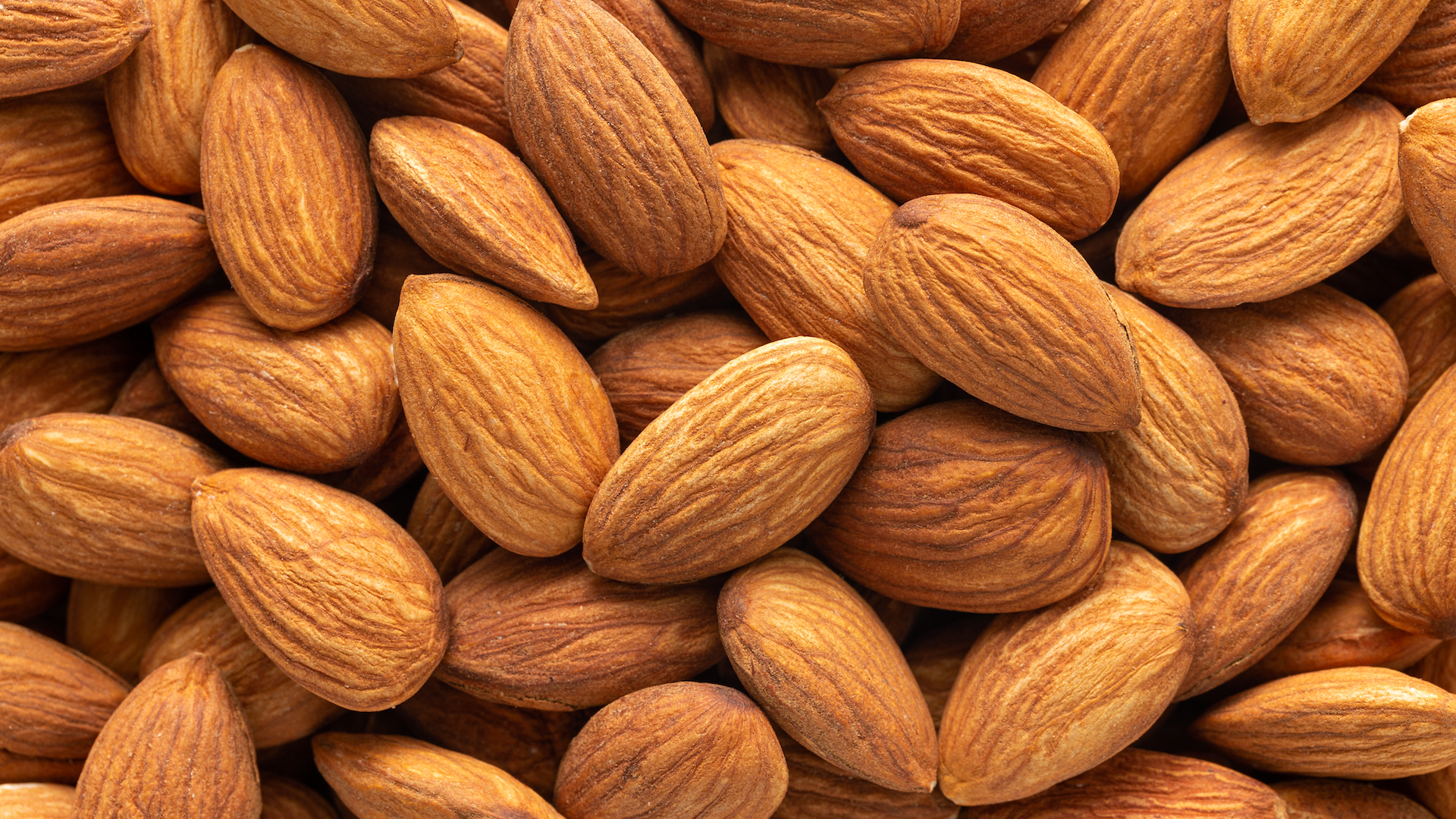
"Nuts, like almonds, are naturally gluten-free and are nutrient-dense," shares Aleks Jagiello, a Doctify-rated dietitian. 'As well as healthy fats, plant protein and fibre, they also provide a variety of micronutrients - for example, almonds are high in magnesium and vitamin E which support muscle and immune function.'
Plantain
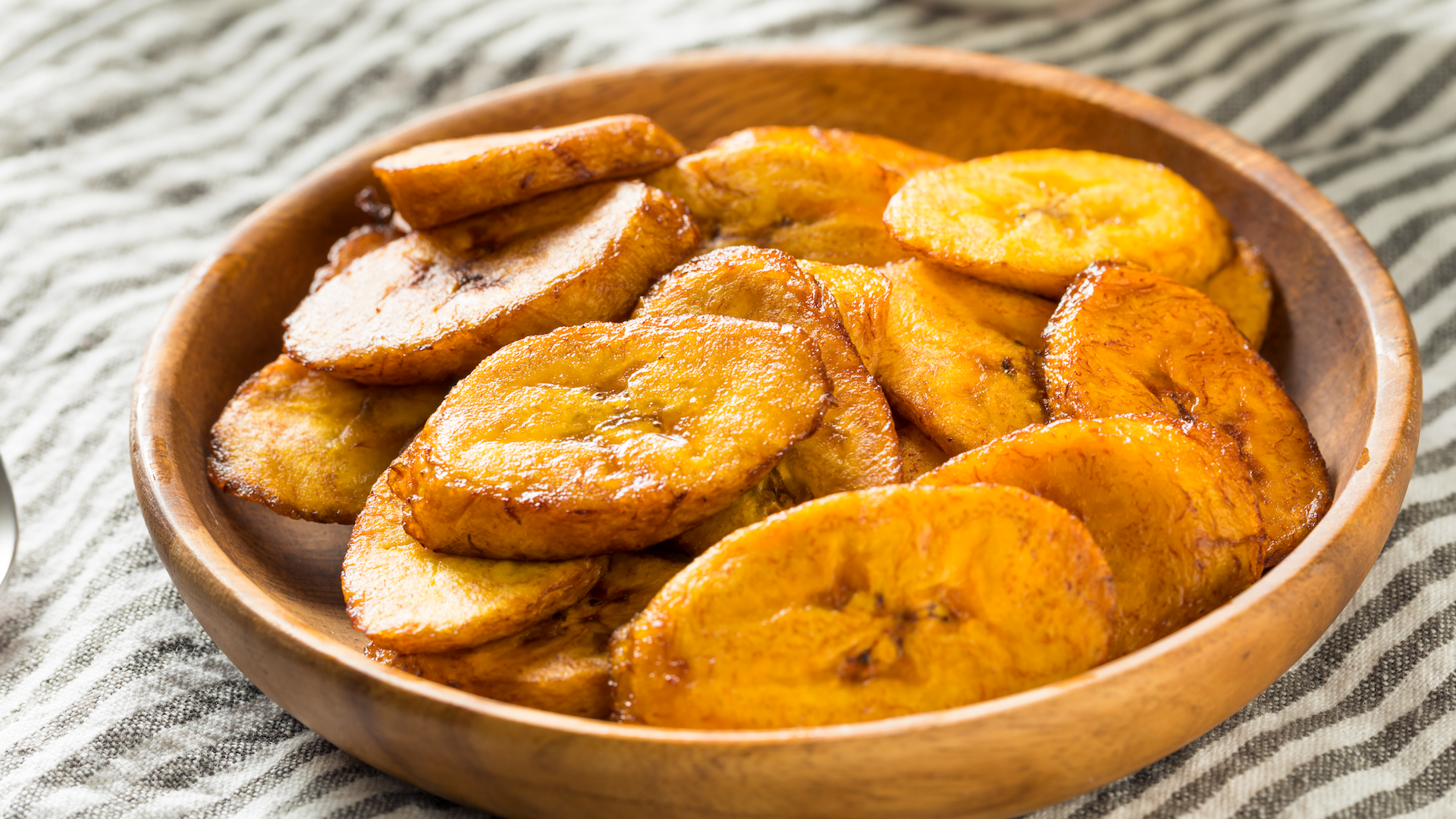
Plantain is naturally gluten-free. "It can be purchased green or yellow," explains nutritionist Phoebe Liebling. "They are hugely nutrient dense and their starch content gives a chewy, flexible, bread-like texture when cooked, making them perfect for naturally gluten-free pancakes, tortillas and wraps."
Cassava flour
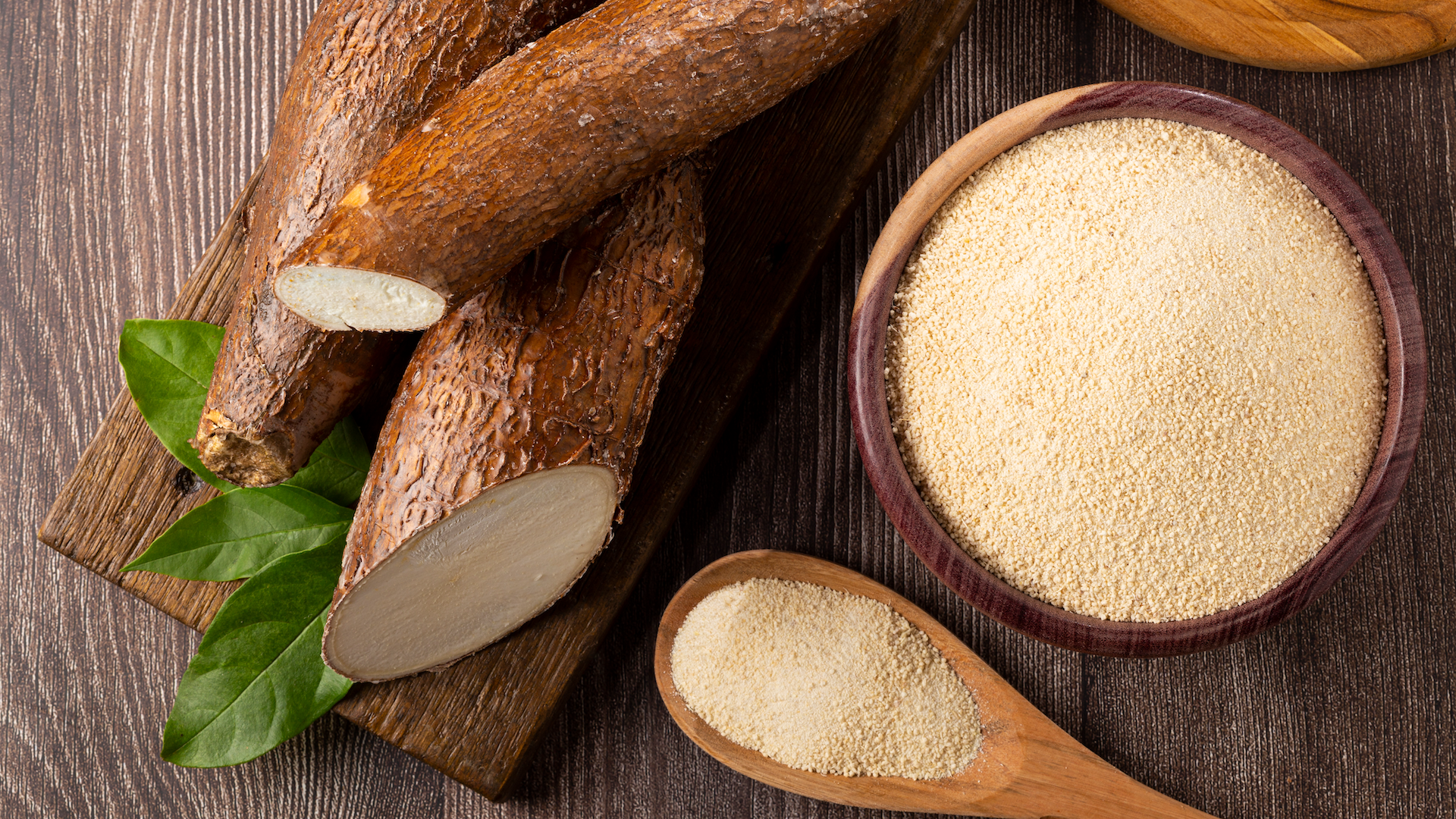
"Cassava flour is completely gluten-free, grain-free, and nut-free, making it ideal for sensitive digestion or those on specific diets for gut issues," explains nutritionist Phoebe Liebling. "It’s also high in resistant starch which feeds gut bacteria, improves insulin sensitivity, cholesterol balance and overall colon health and digestive regularity. The starch content will also let it sub in for wheat flour in recipes directly, and it can be used for both savoury and sweet things."
Banana flour
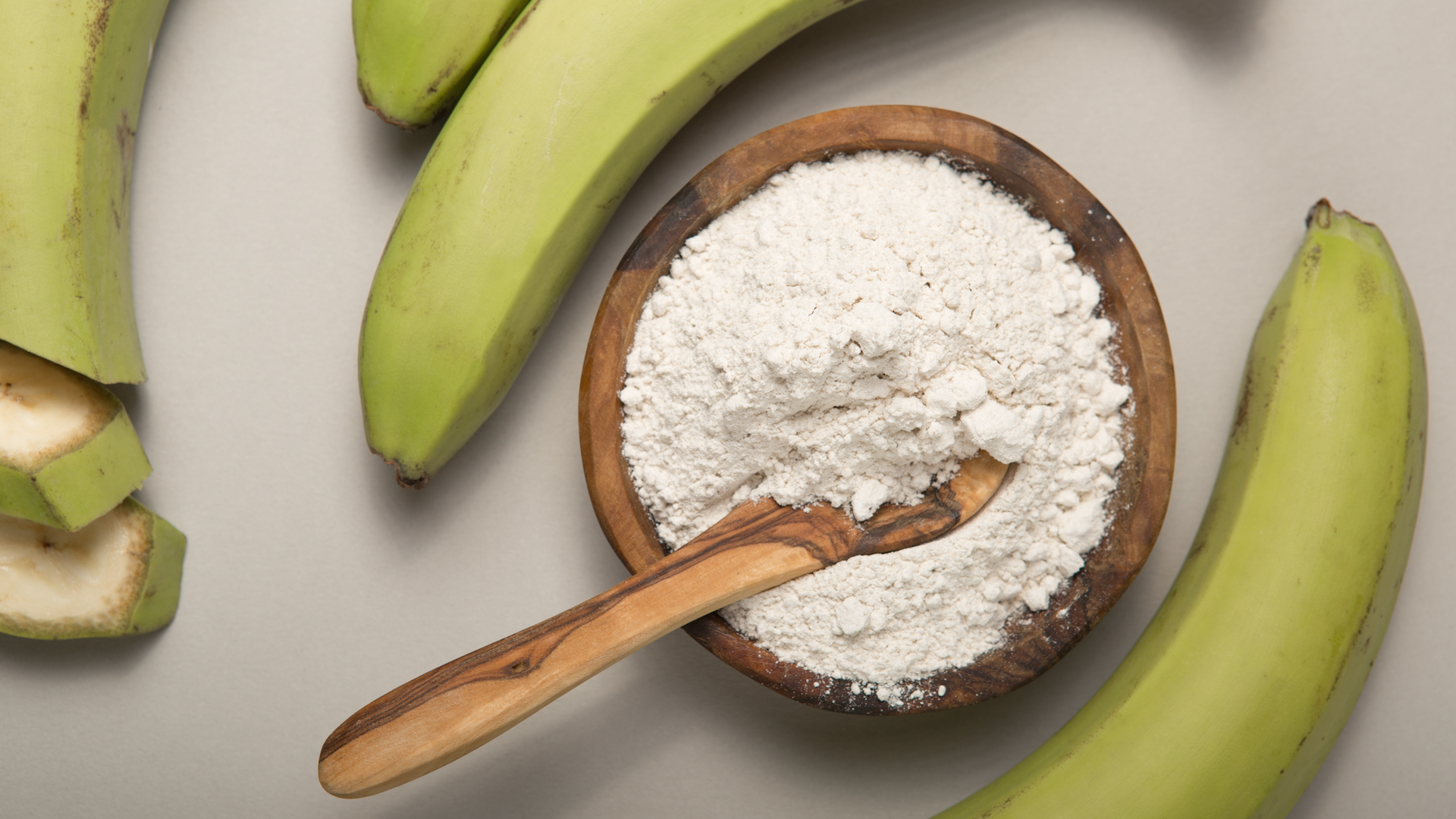
If you still want to whip up sweet treats in the oven, then switching your flour is an easy move. "I like using green banana flour," says Alison Bladh, a nutritional therapist and hormone health expert. "It’s made from unripe bananas, which are naturally gluten-free and rich in resistant starch to support gut health and blood sugar balance. It works well stirred into porridge or smoothies, or even for baking."
Tiger nuts
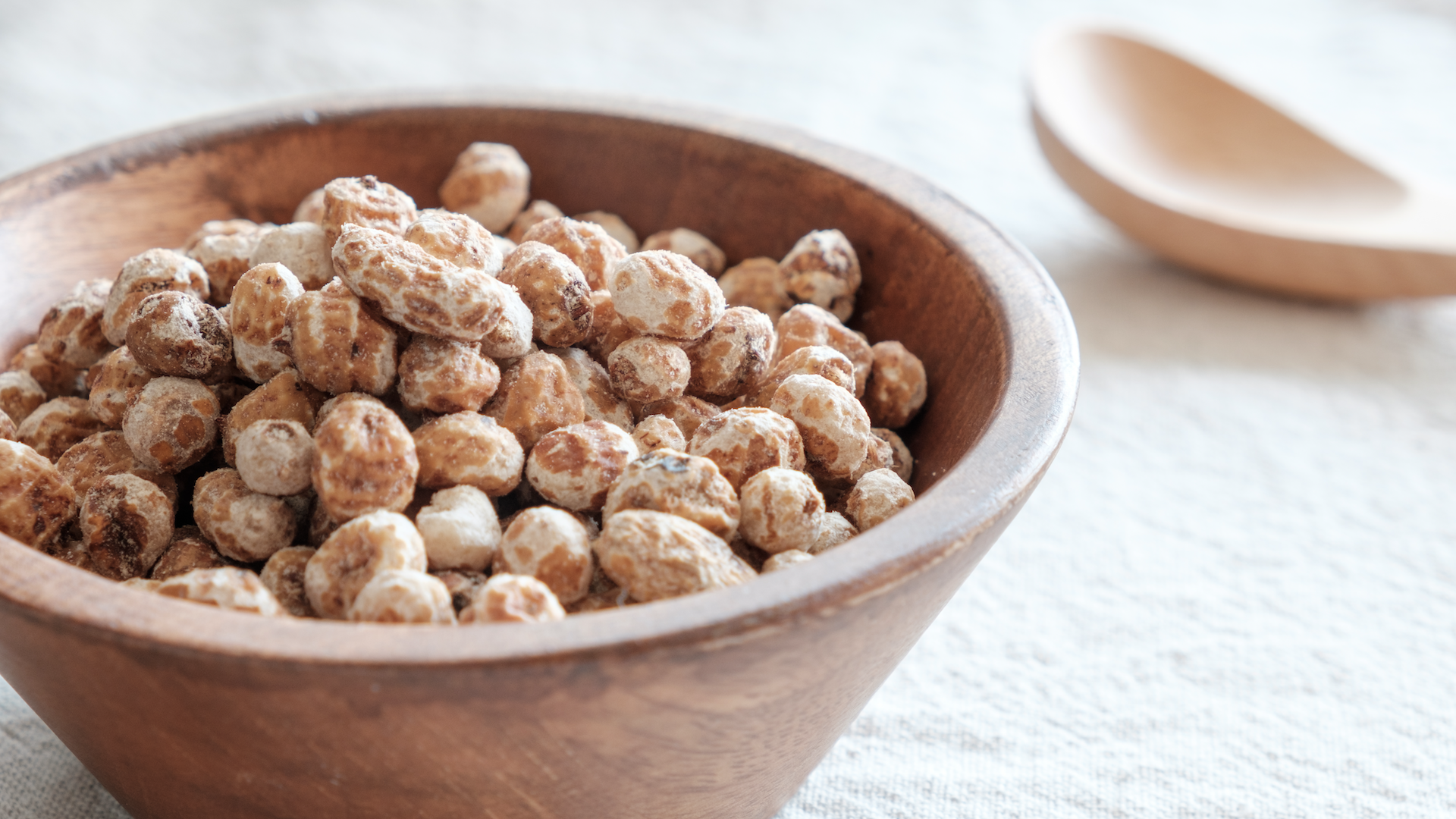
"For something a little different, tiger nuts - which are actually a small root vegetable, not a nut - are packed with resistant starch and prebiotic fibre to feed your gut microbes," explains Alison Bladh, a nutritional therapist and hormone health expert. Indeed, they're great for mixing things up when it comes to the nuts you consume.
Lupin beans
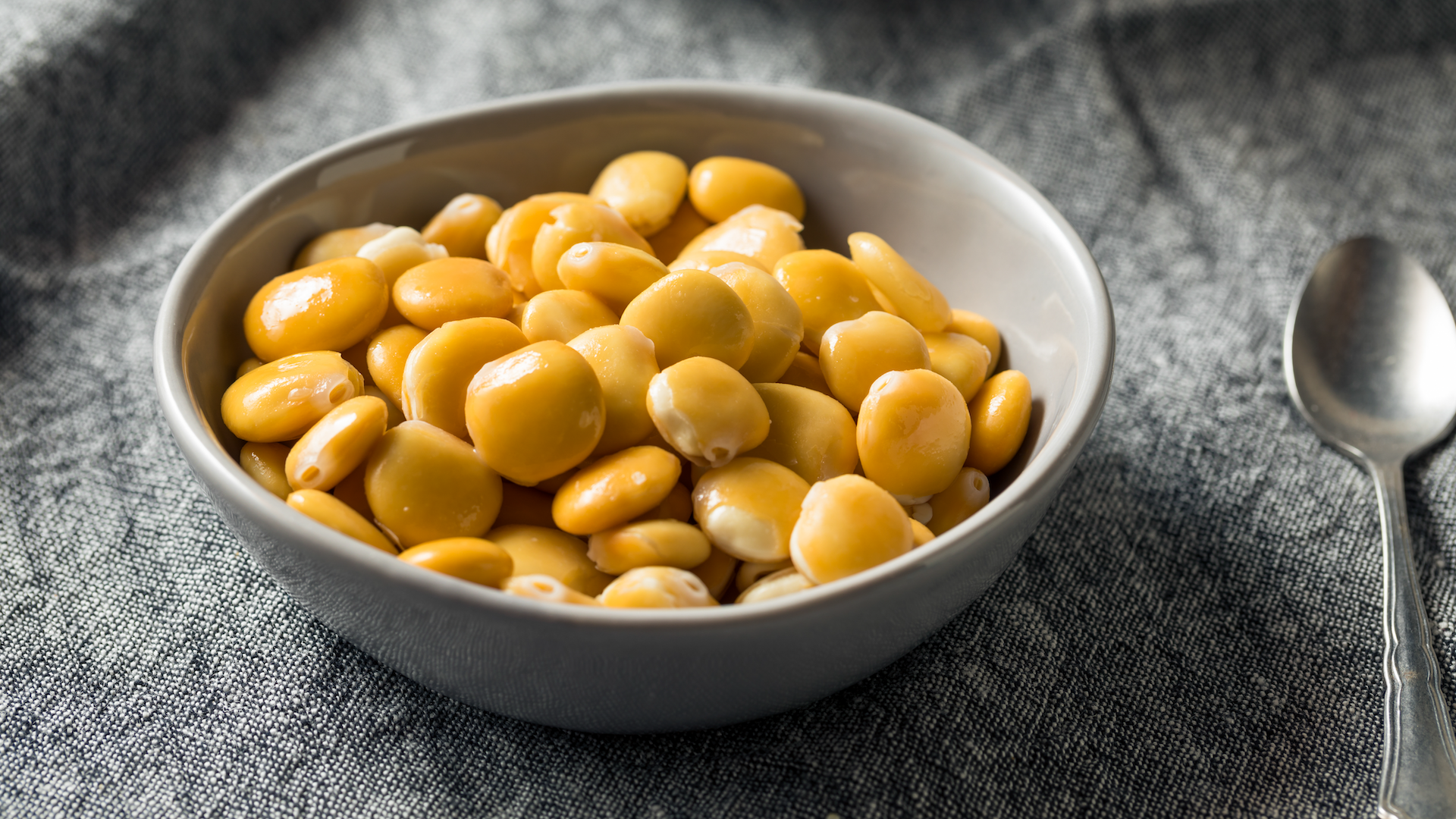
Lupin beans are naturally gluten-free and especially nutritious. "They are now appearing in more health food sections," notes Alison Bladh, a nutritional therapist and hormone health expert. "They are high in plant protein and fibre, and make a tasty addition to salads or dips."
Eggs
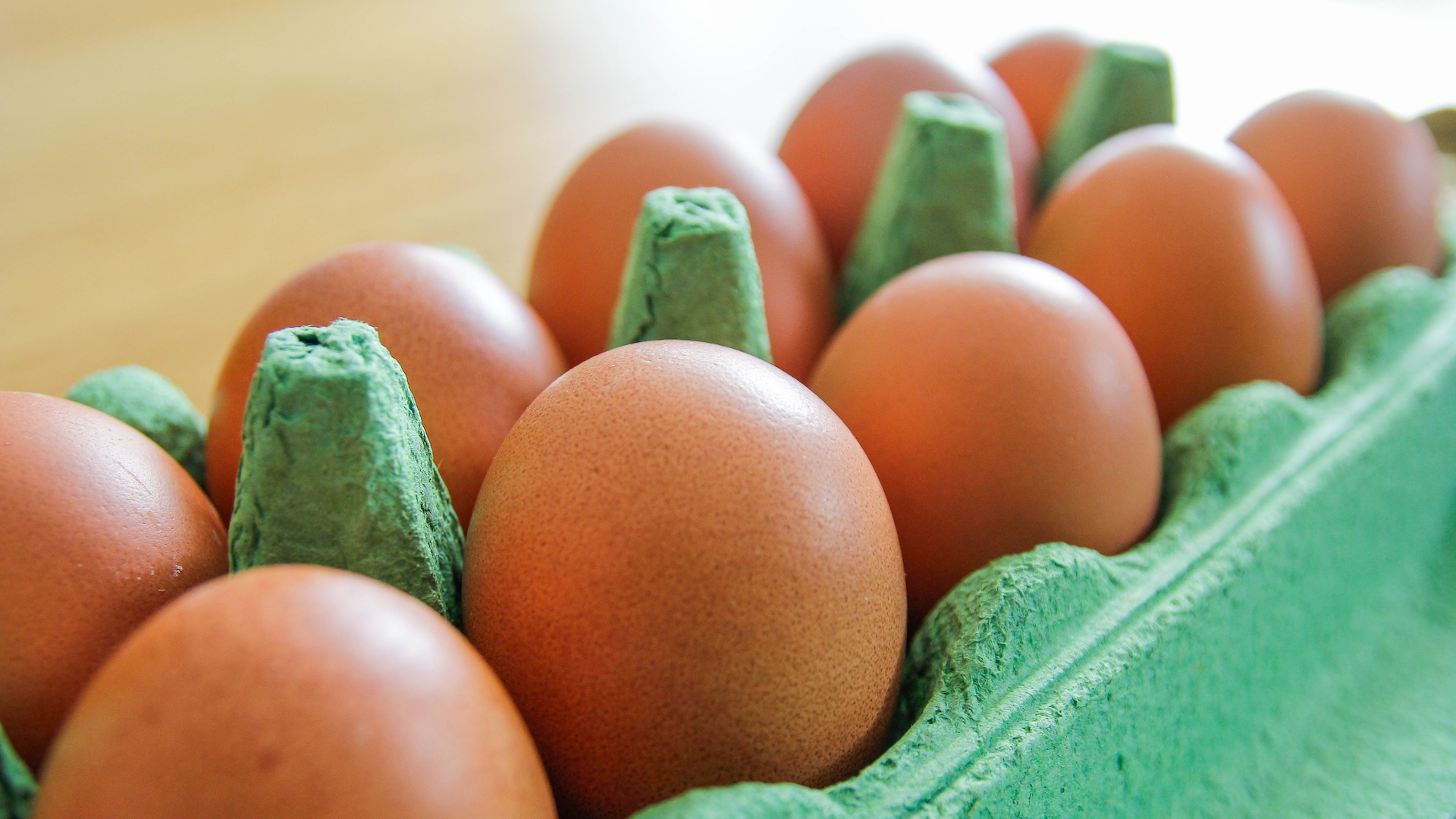
Any gluten-free diet should have plenty of eggs in it. "They are wonderfully versatile and nutrient-dense, containing high-quality protein and essential nutrients like choline, which supports brain function," explains Alison Bladh, a nutritional therapist and hormone health expert.
Flaxseed
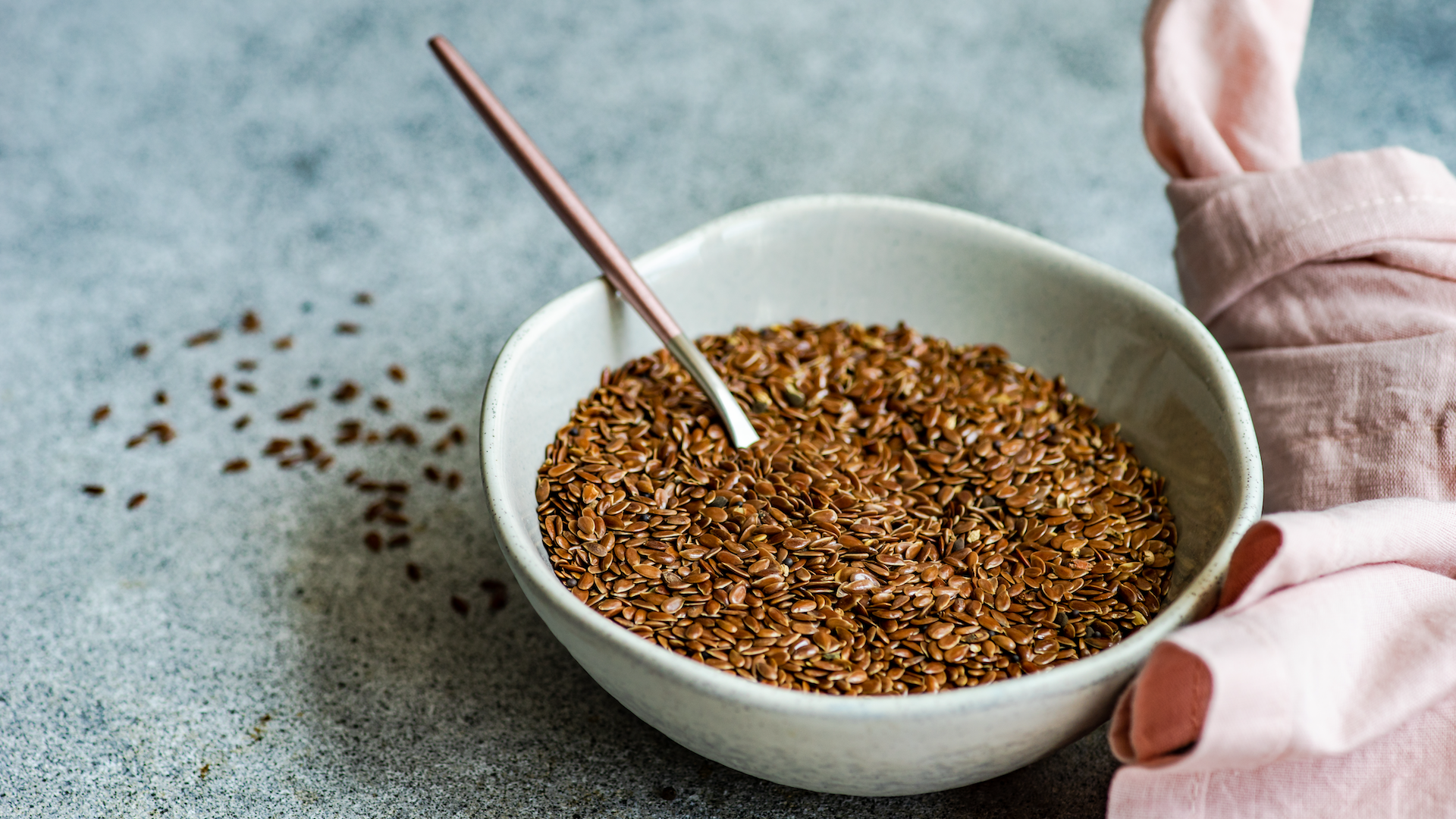
While it might not seem like it at first, flaxseed is naturally gluten free. "They are full of healthy fats, fibre and important minerals such as magnesium and zinc," reveals Alison Bladh, a nutritional therapist and hormone health expert. Use it to sprinkle over your morning yoghurt or salad for lunch.

Lauren is a freelance writer and editor with a decade of print and digital journalism experience. While she specialises in covering health and wellness topics - ranging from nutrition and fitness, to women’s health conditions and mental wellbeing - she has written across a diverse range of lifestyle topics, including fashion, beauty, homes, royals and travel.
In addition to writing for Woman & Home and sister title Homes & Gardens, Lauren's work has also been published by Women’s Health, The Times, Daily Telegraph, Elle, Cosmopolitan, The Guardian, Marie Claire, Body + Soul, Stylist, Glamour, Grazia, Red, Dazed Digital, Yahoo Life, The Sun’s Fabulous, Get The Gloss and Hello! among others.